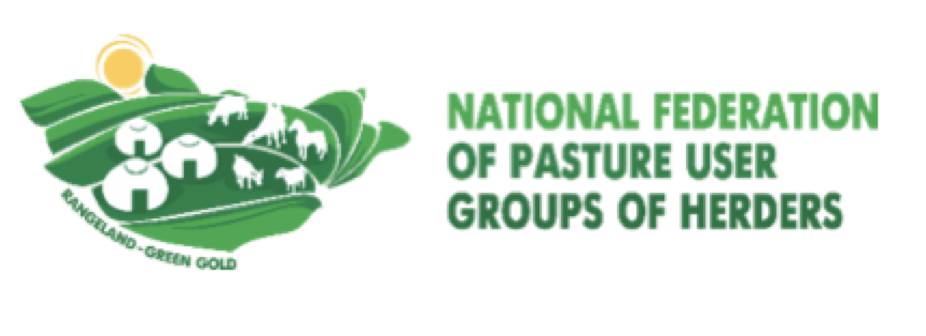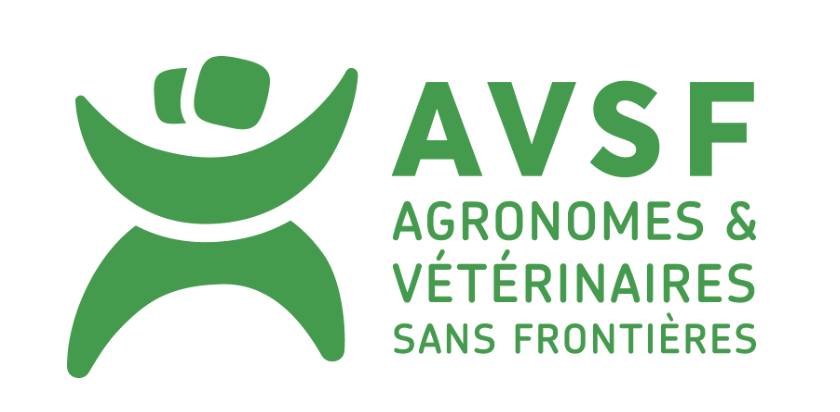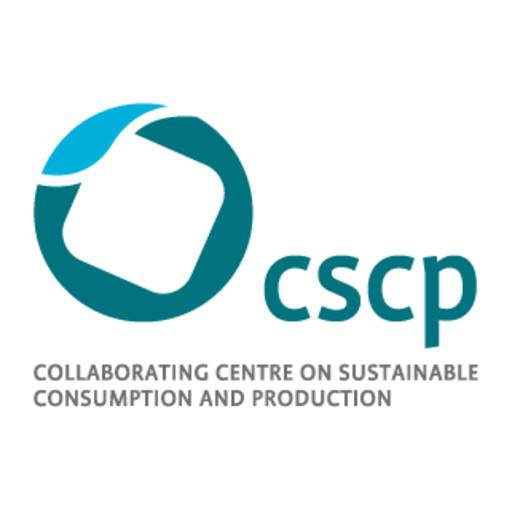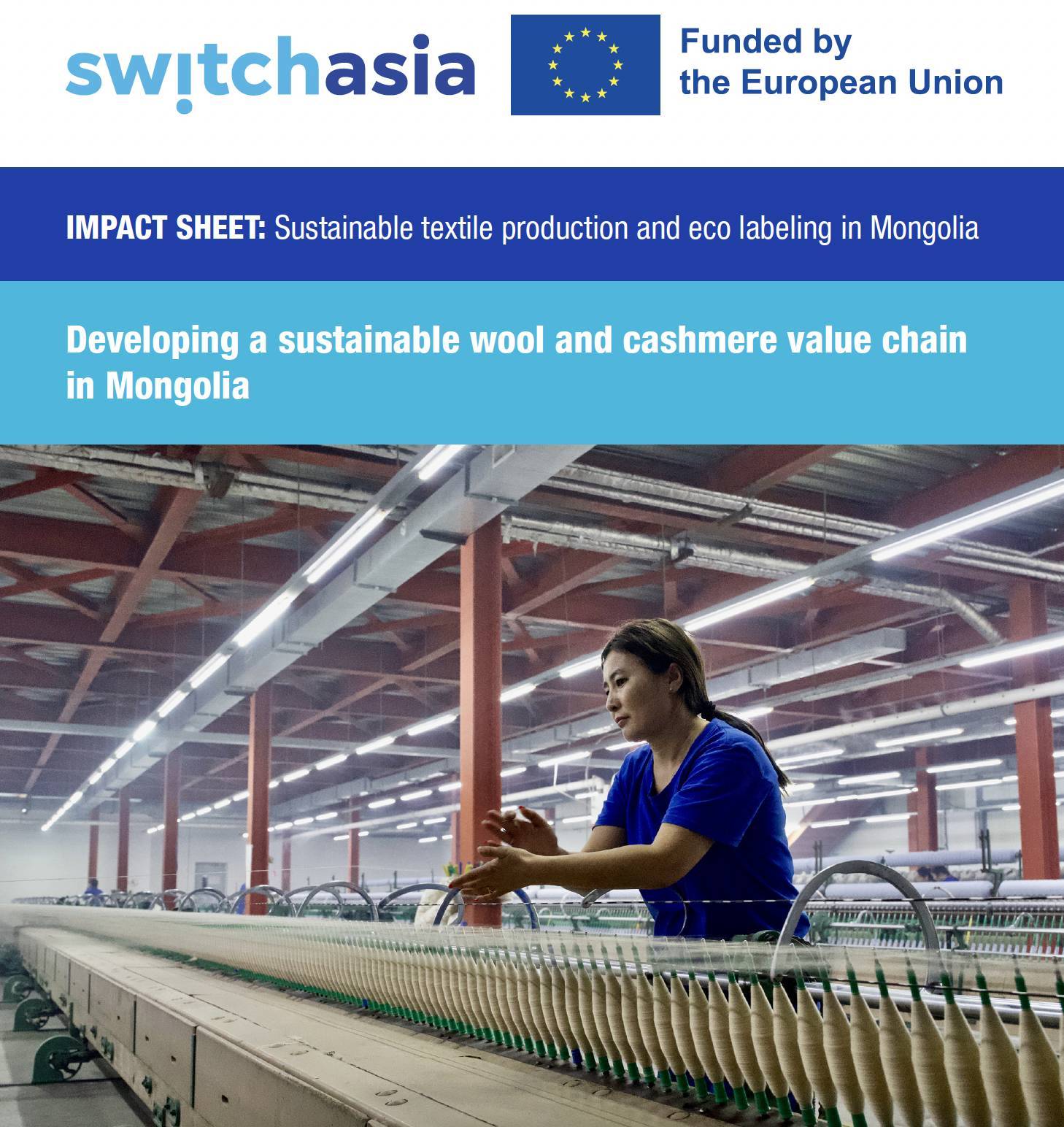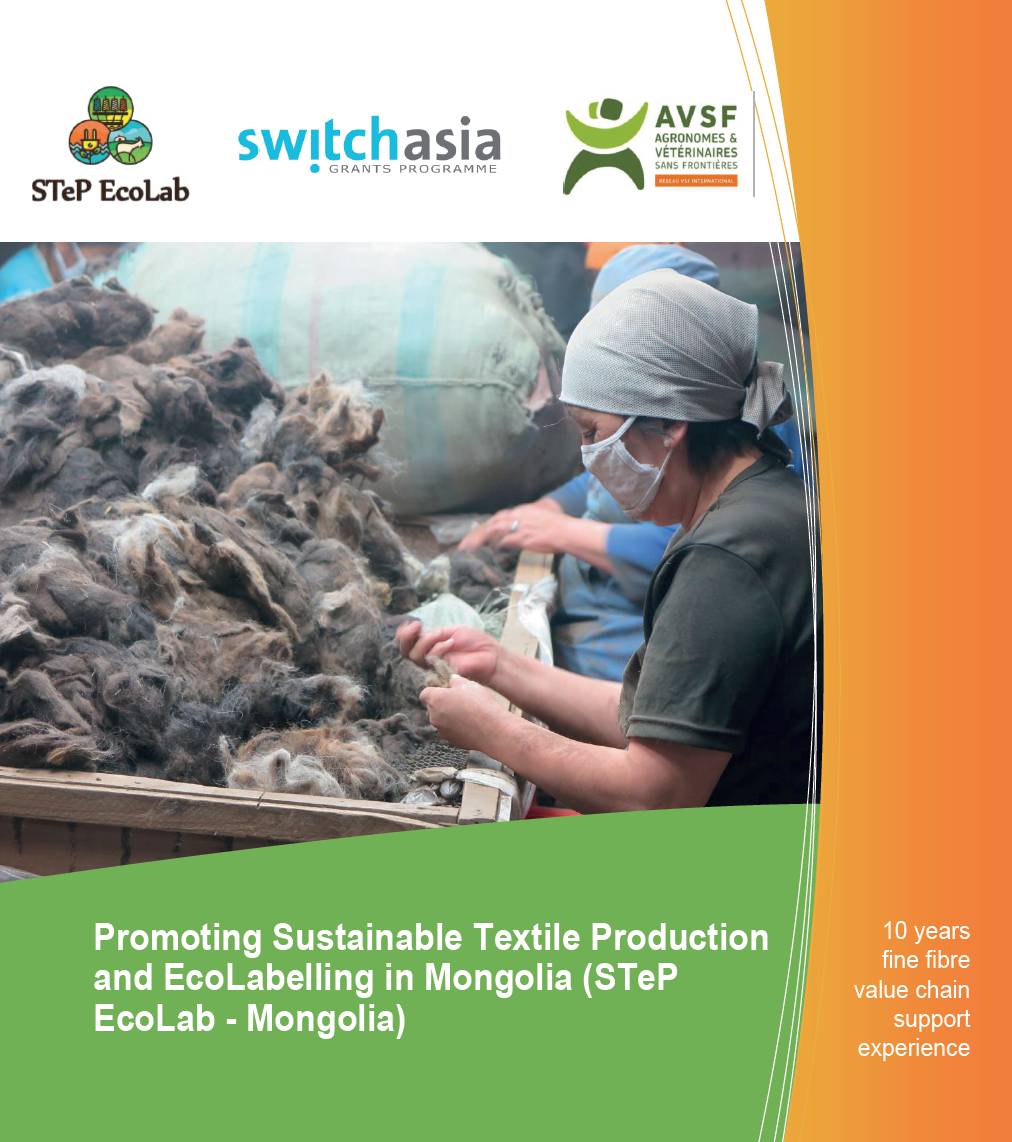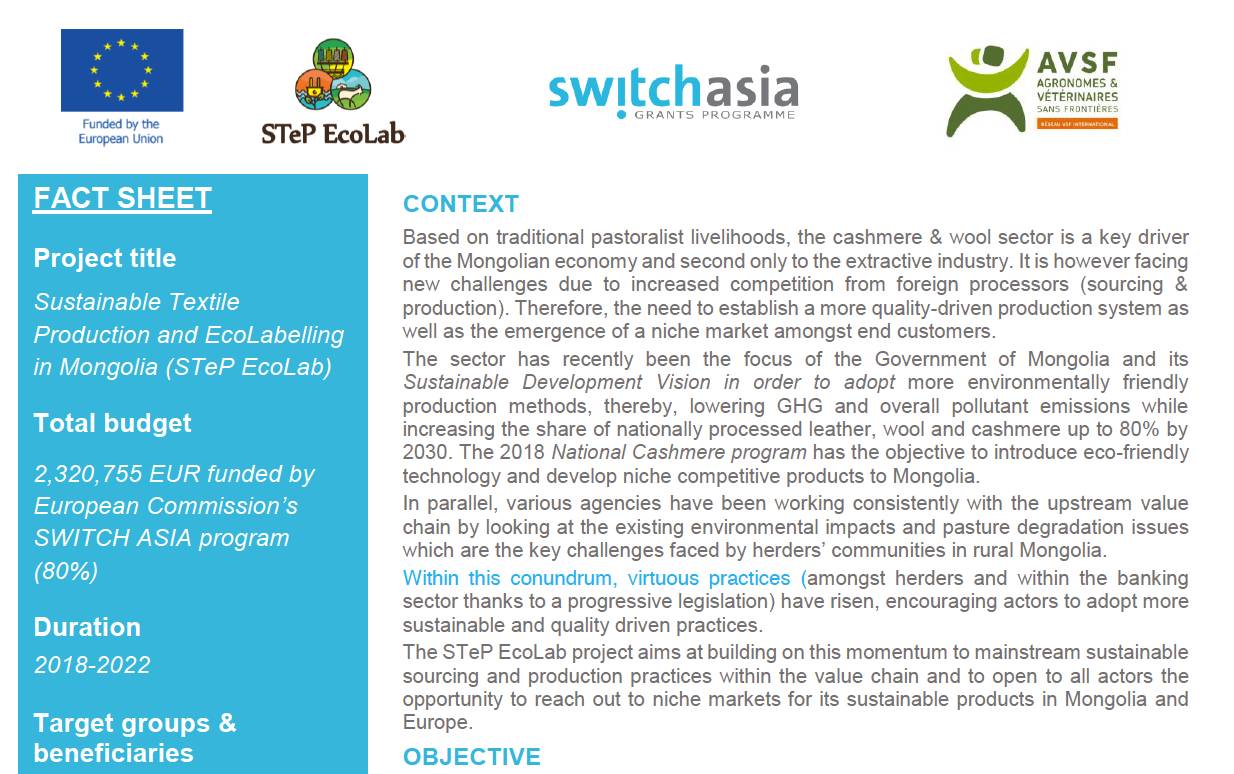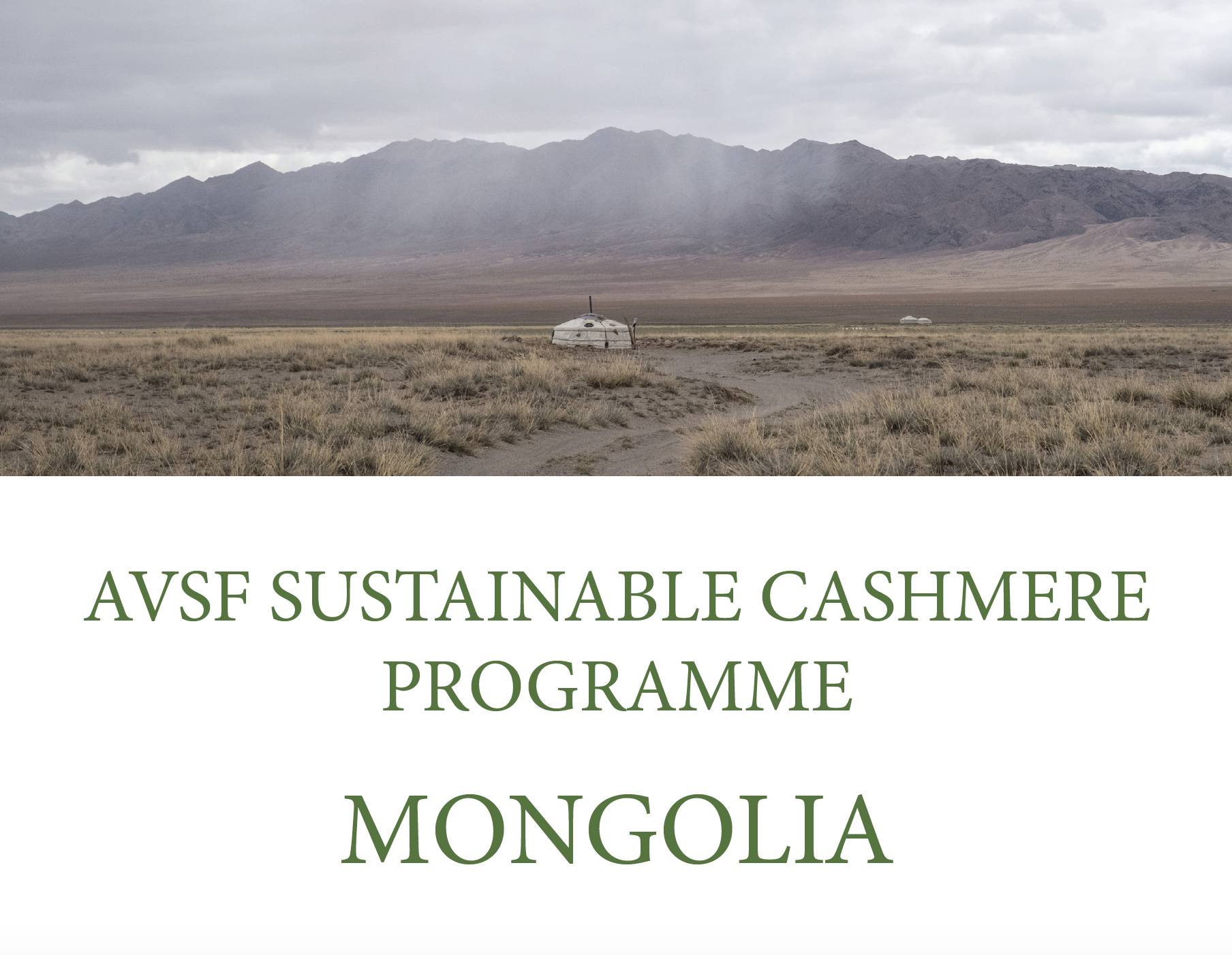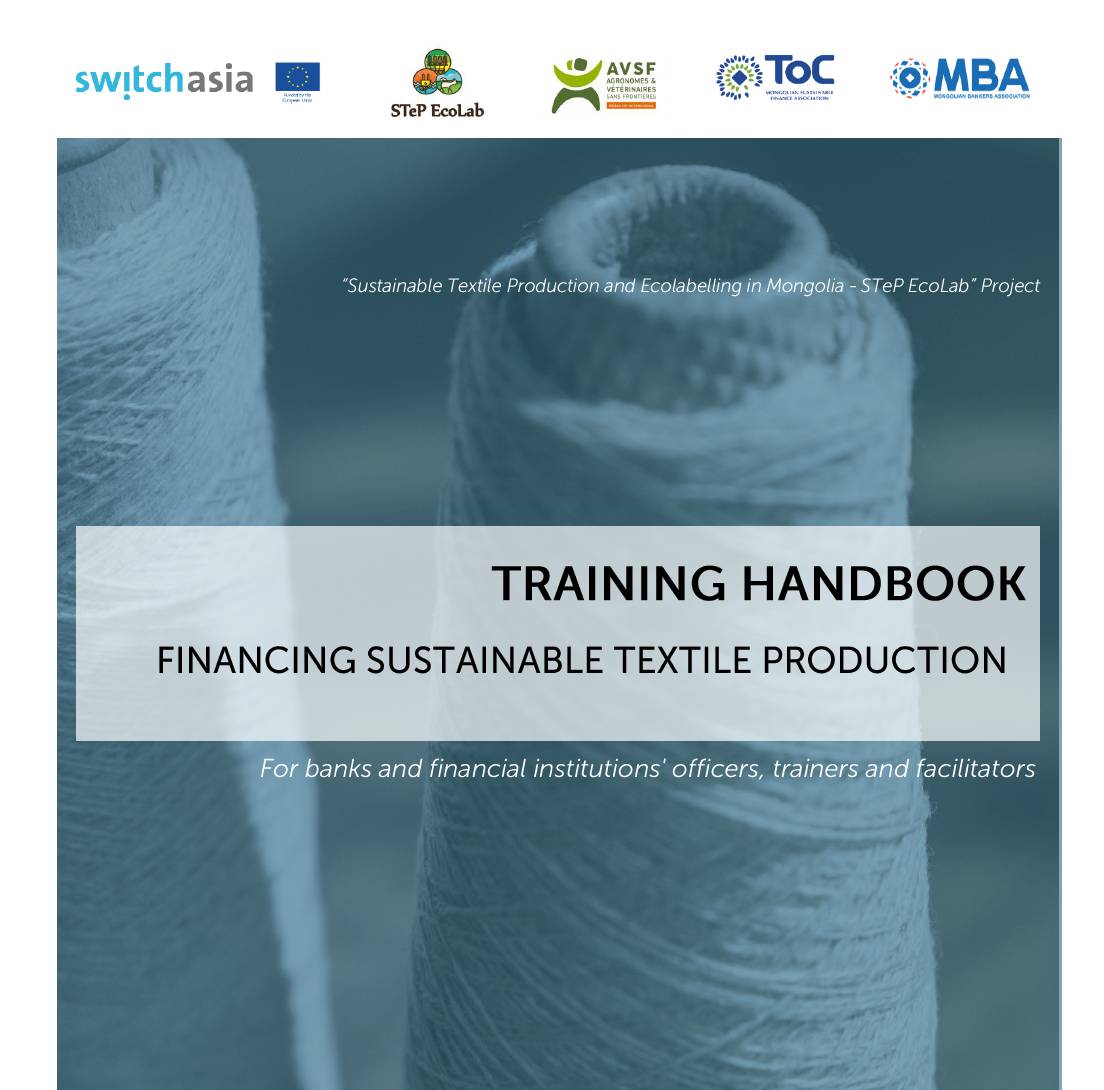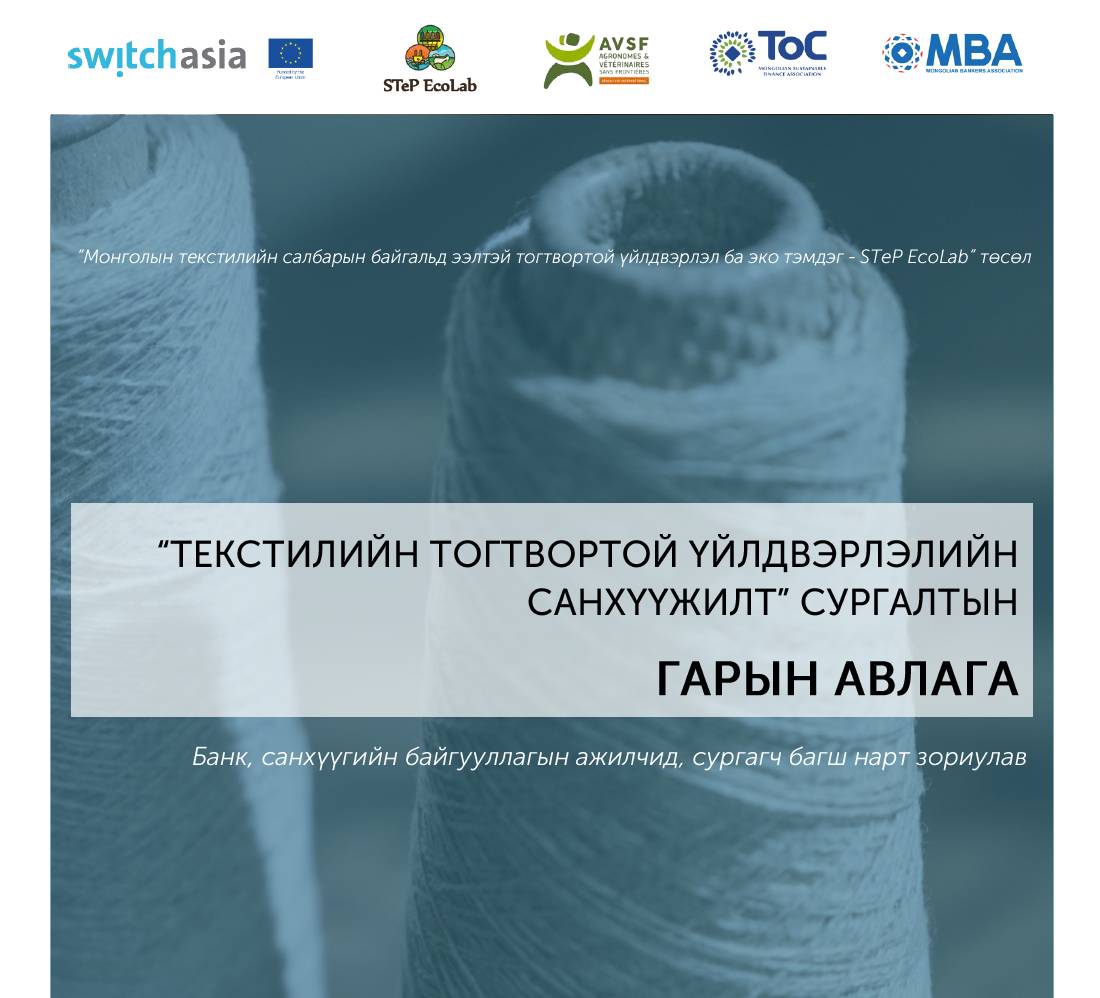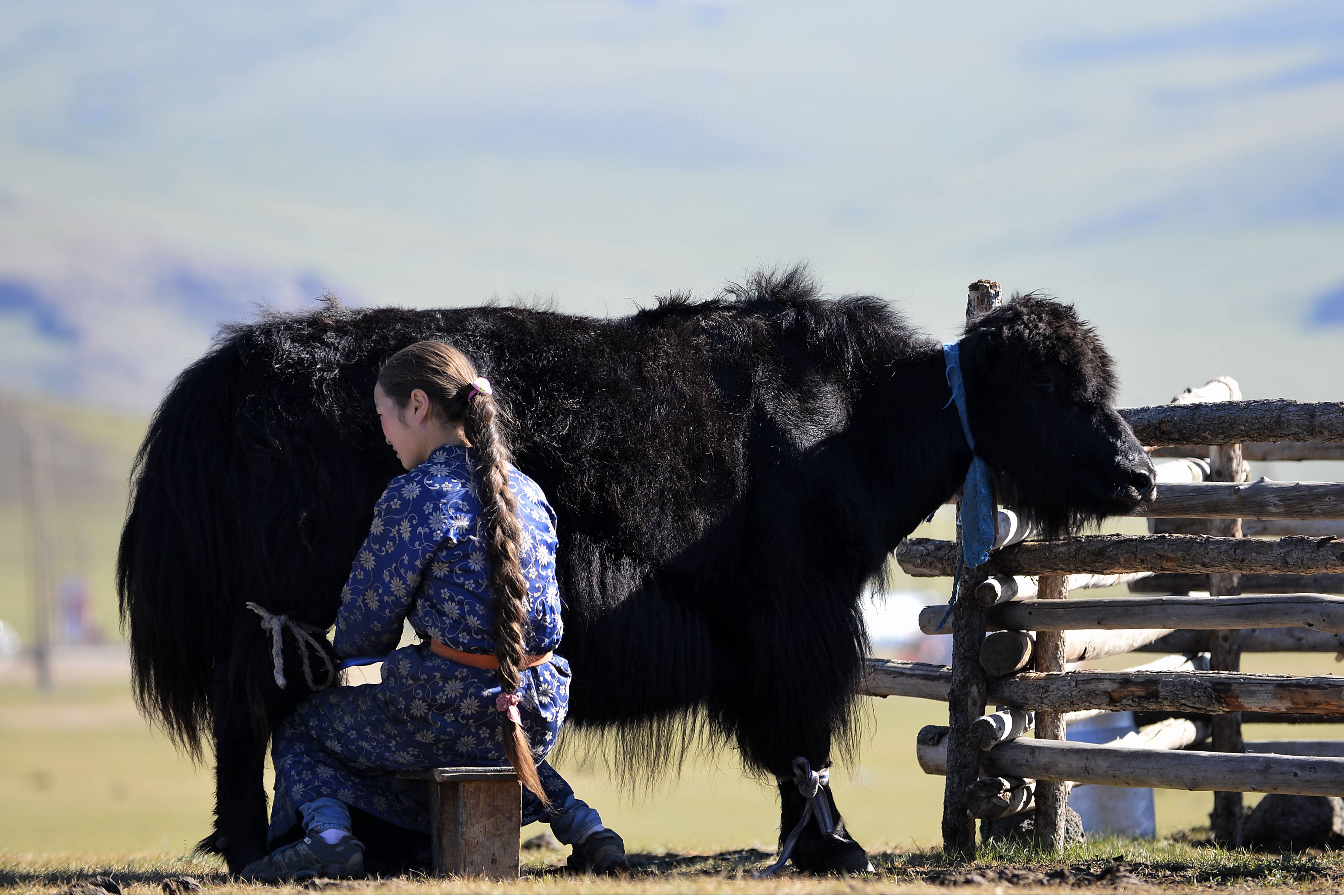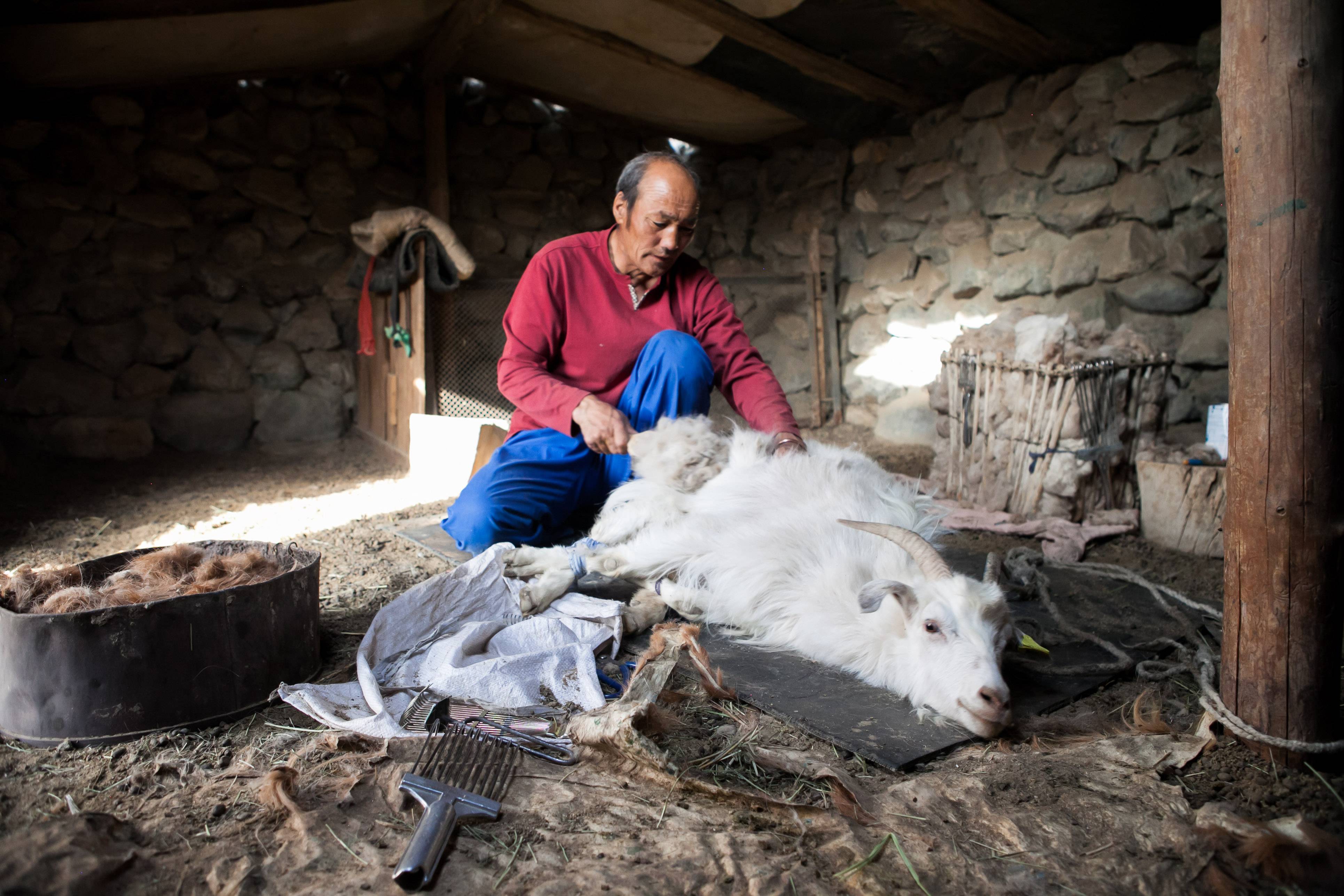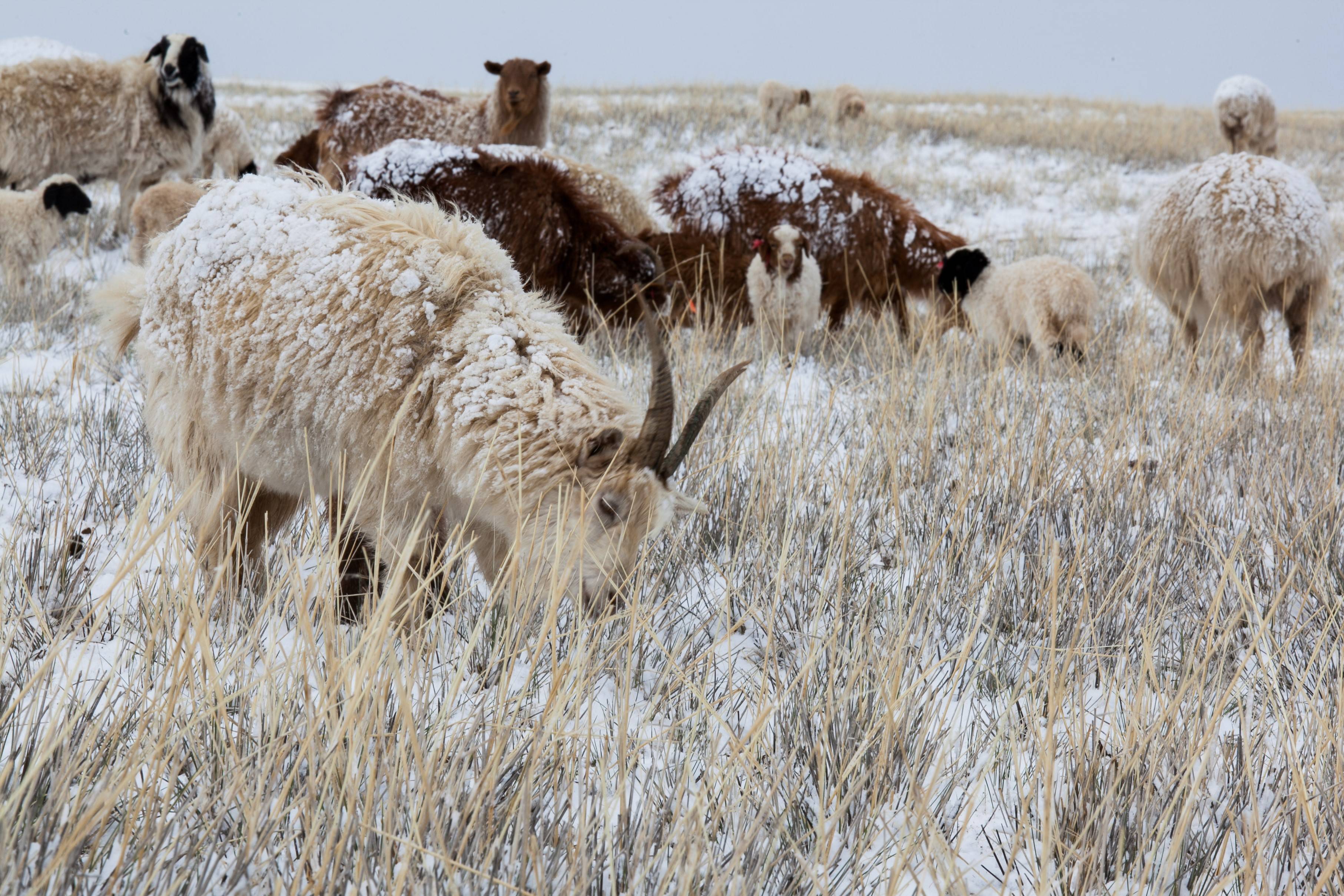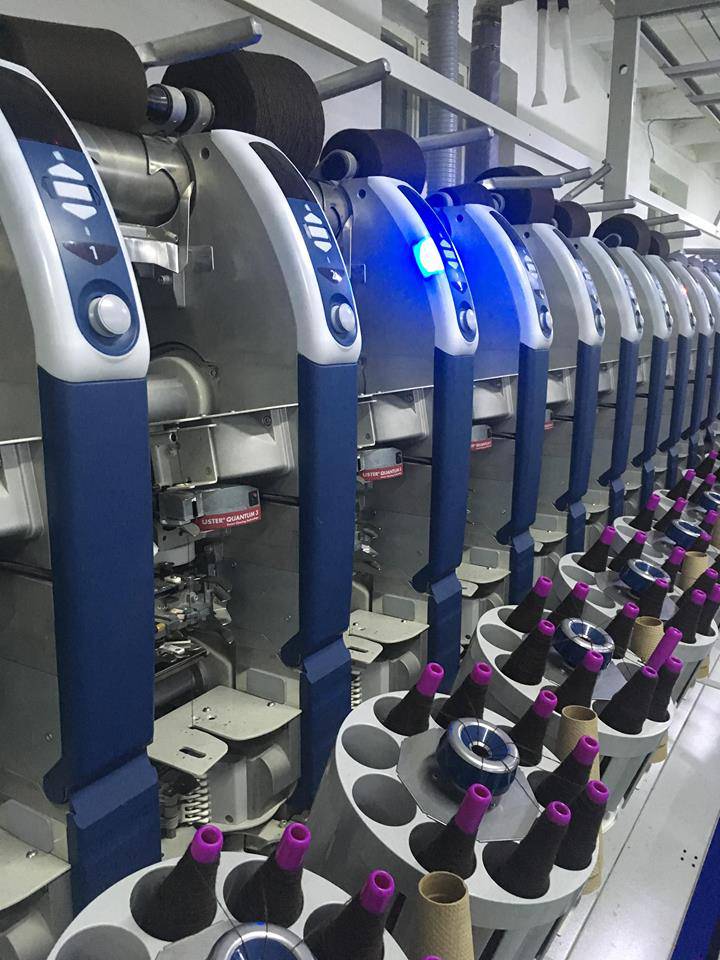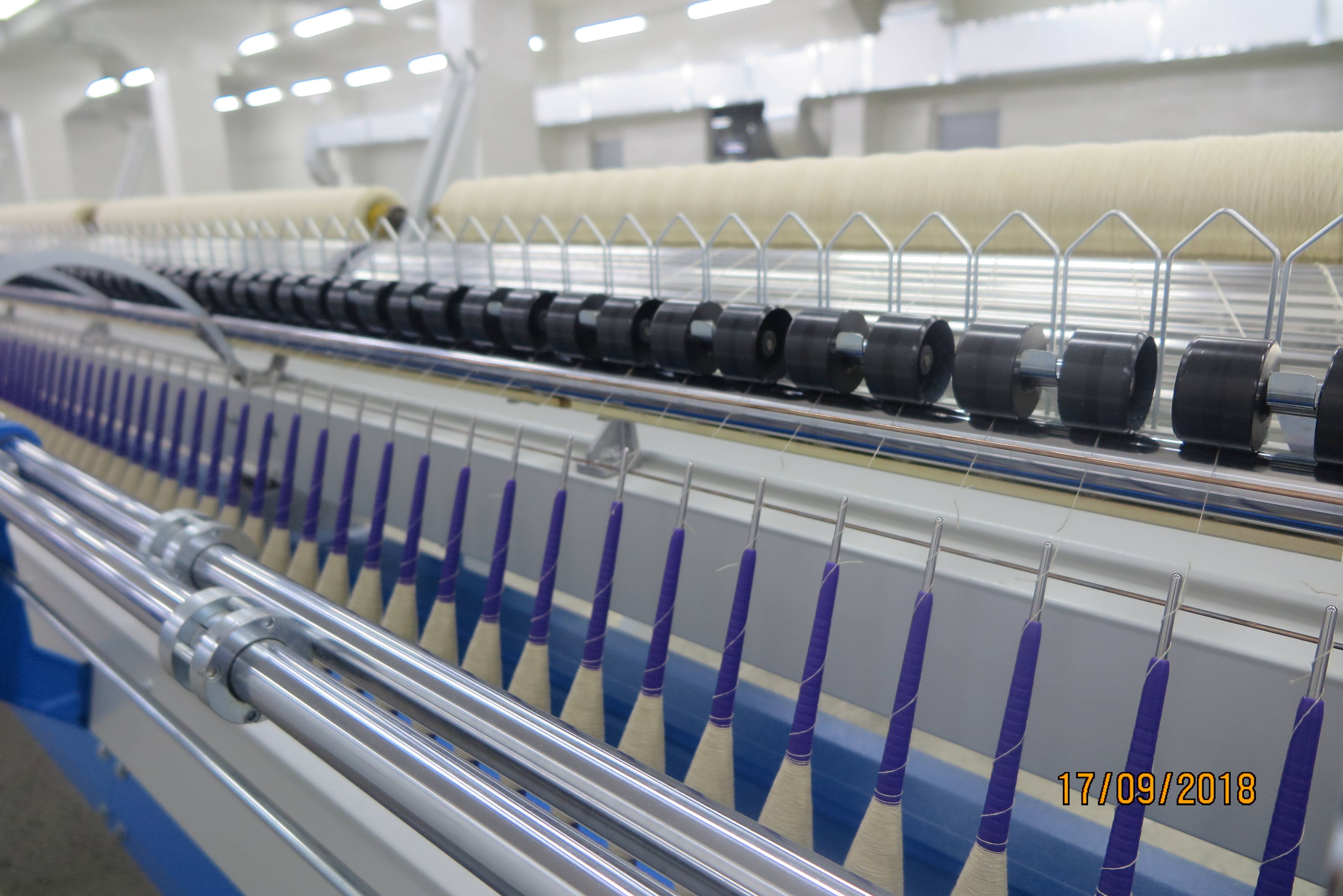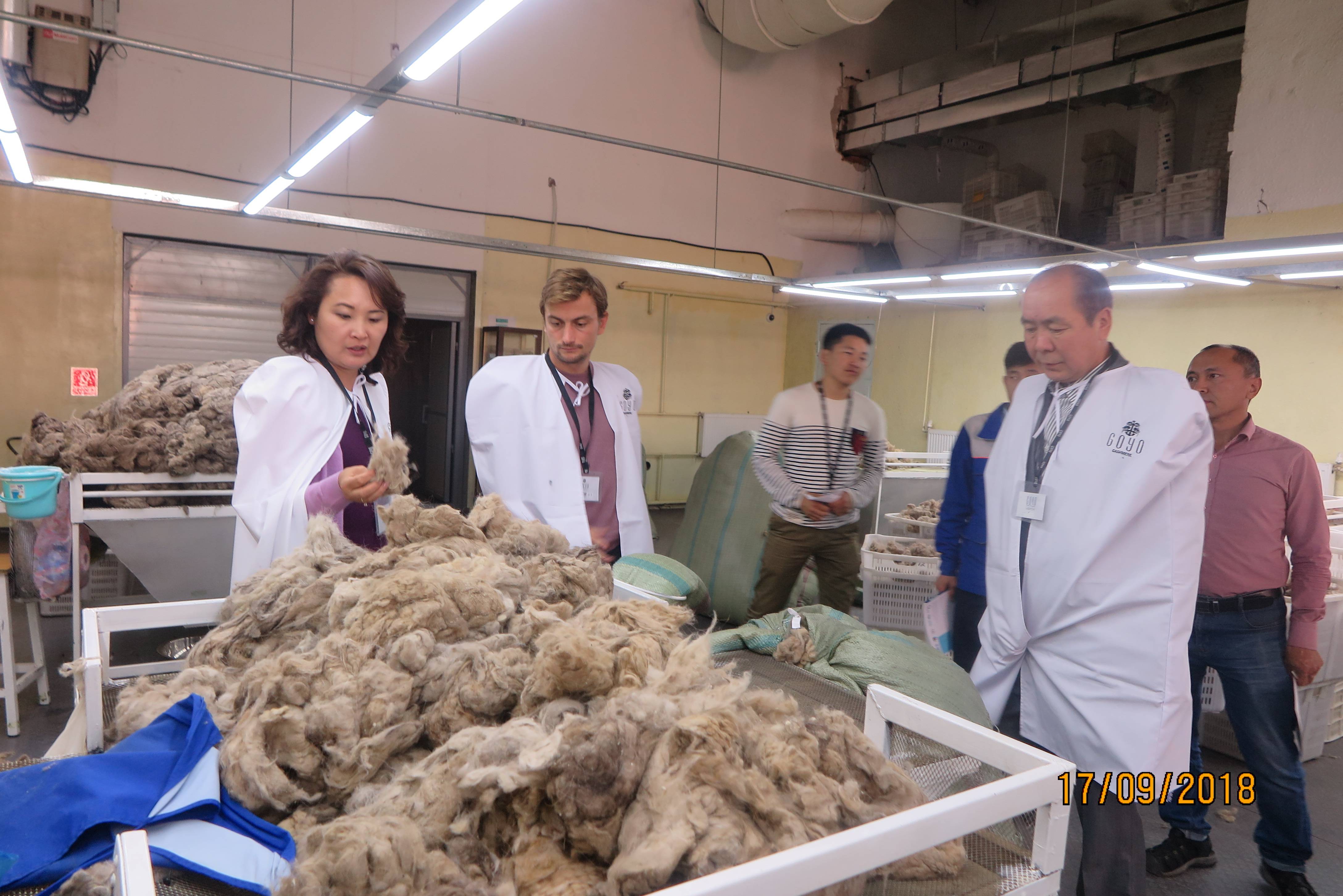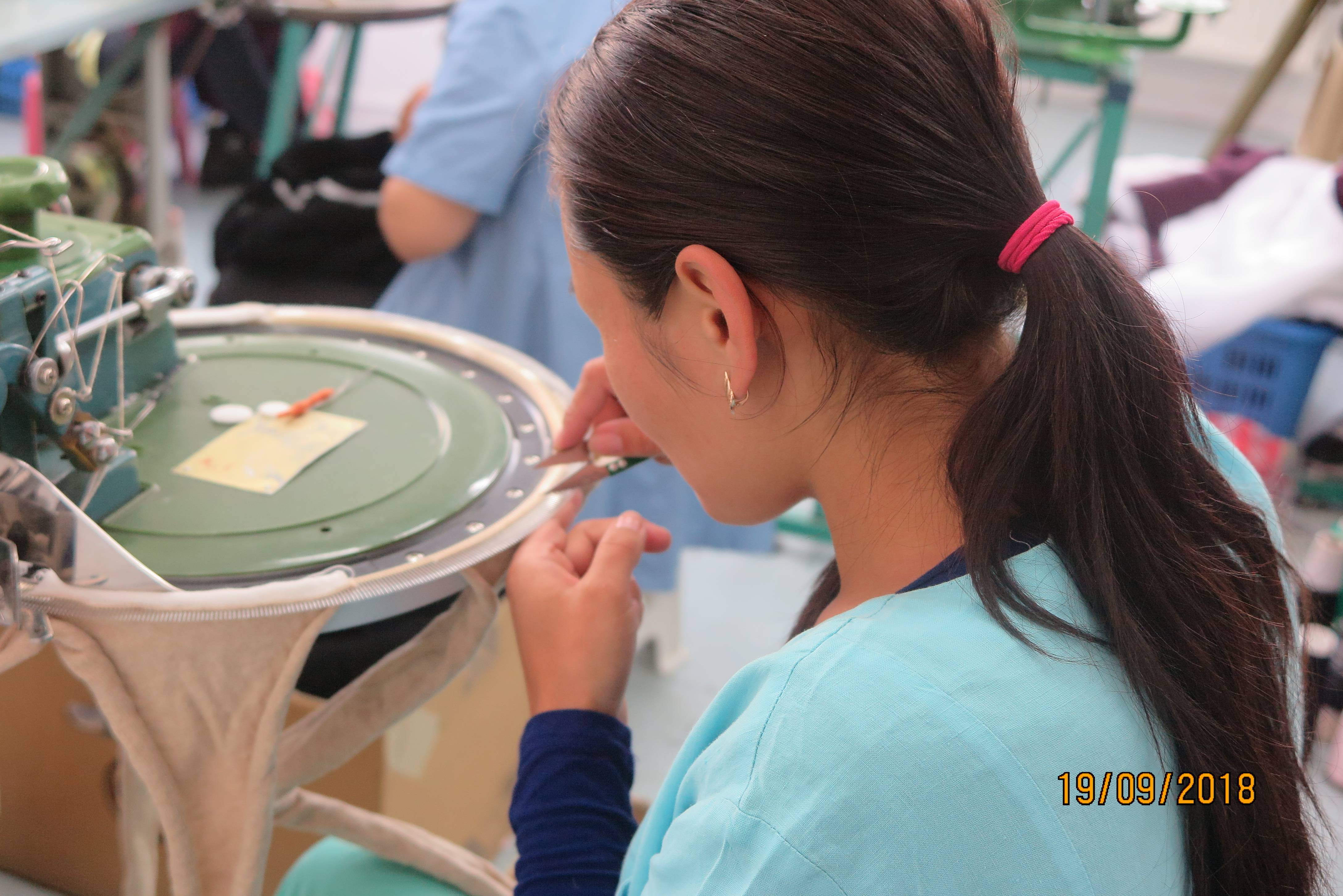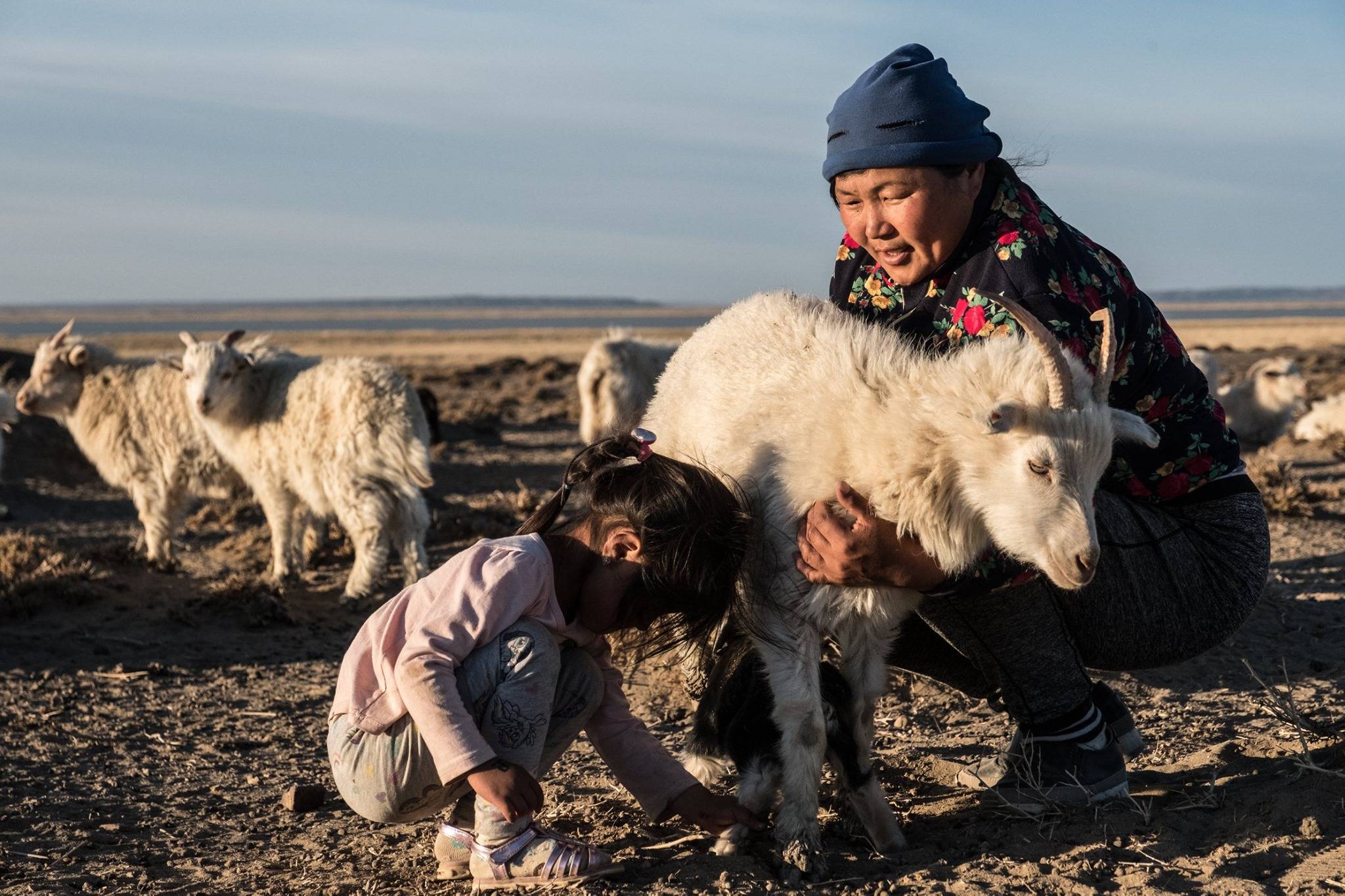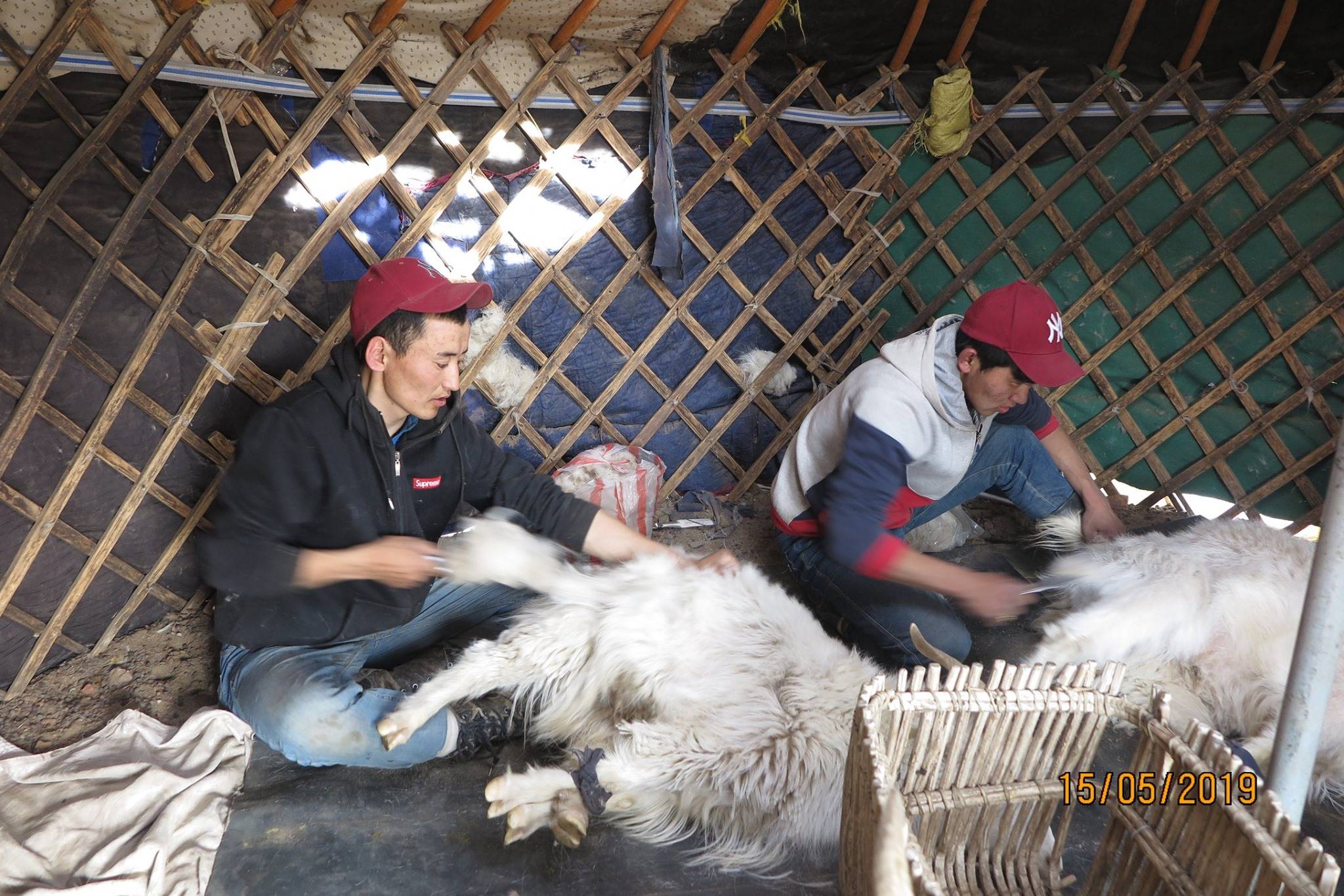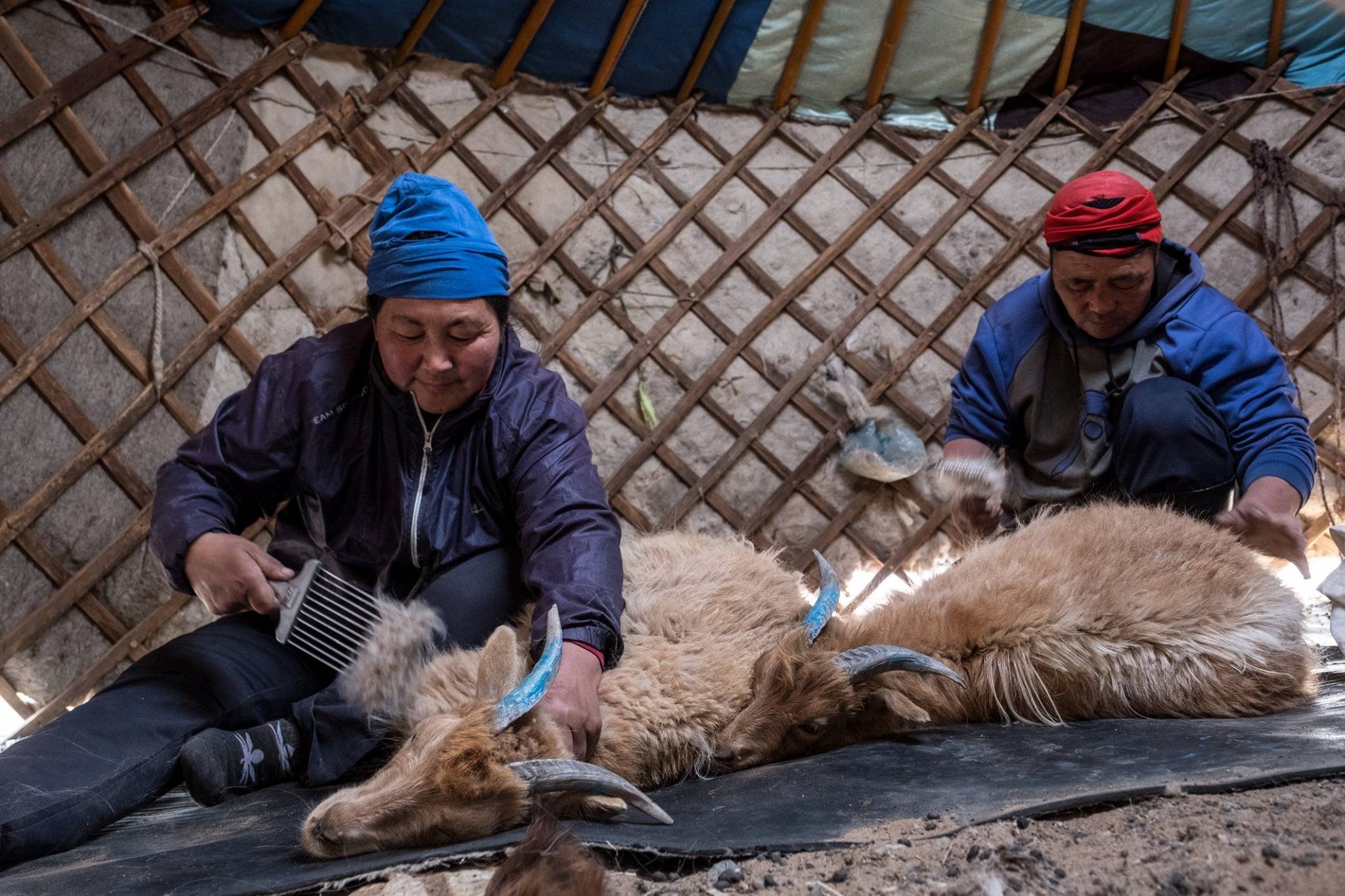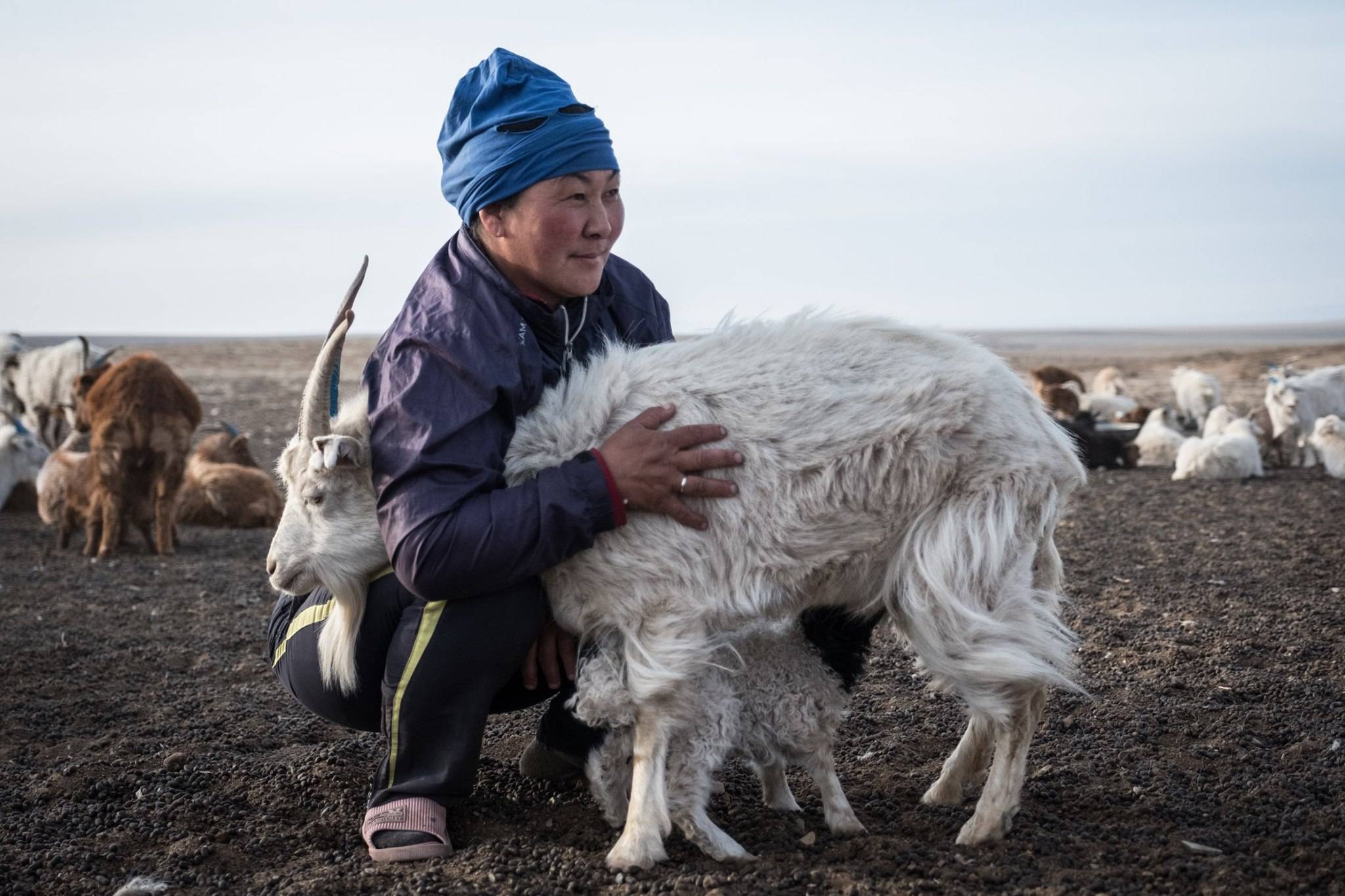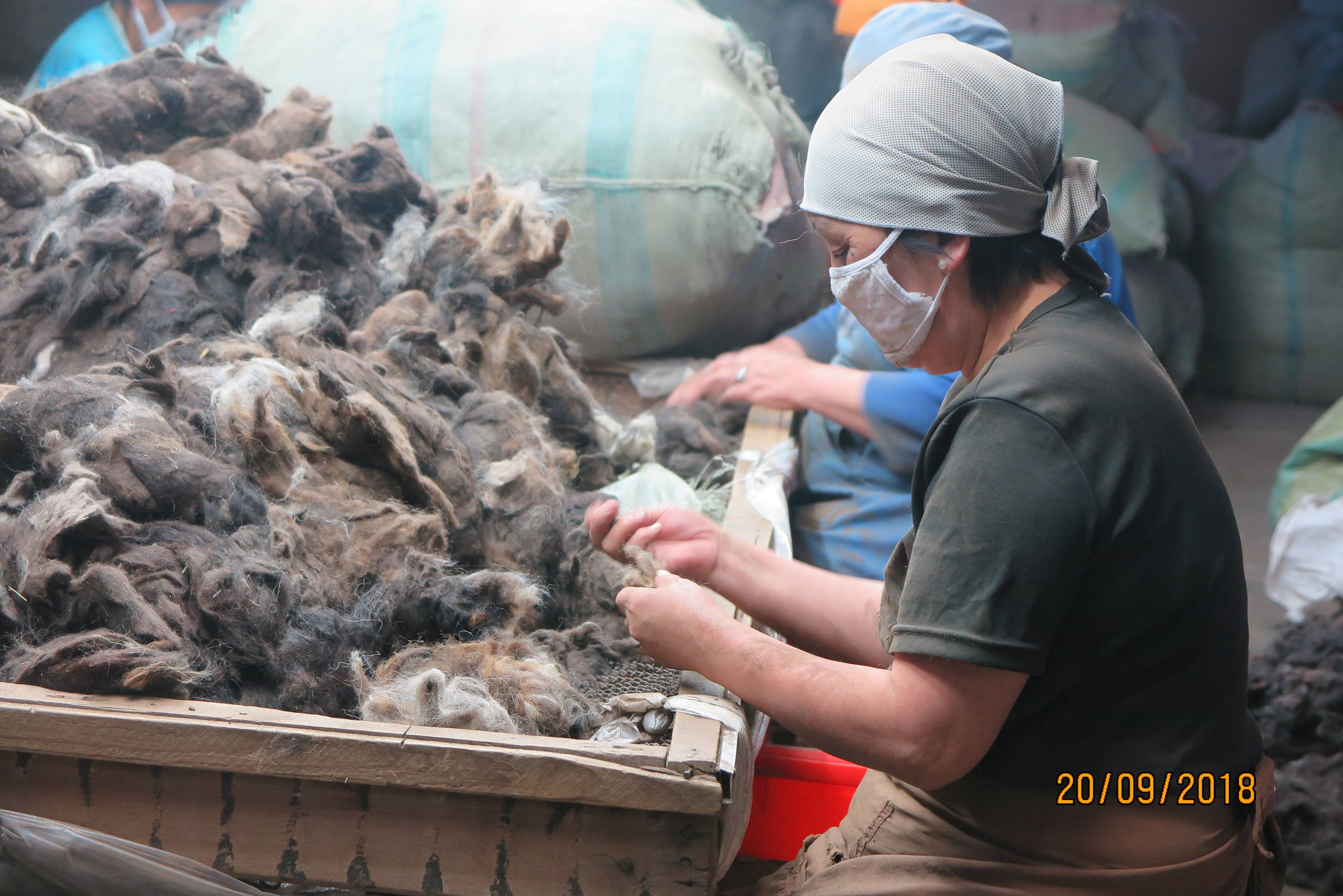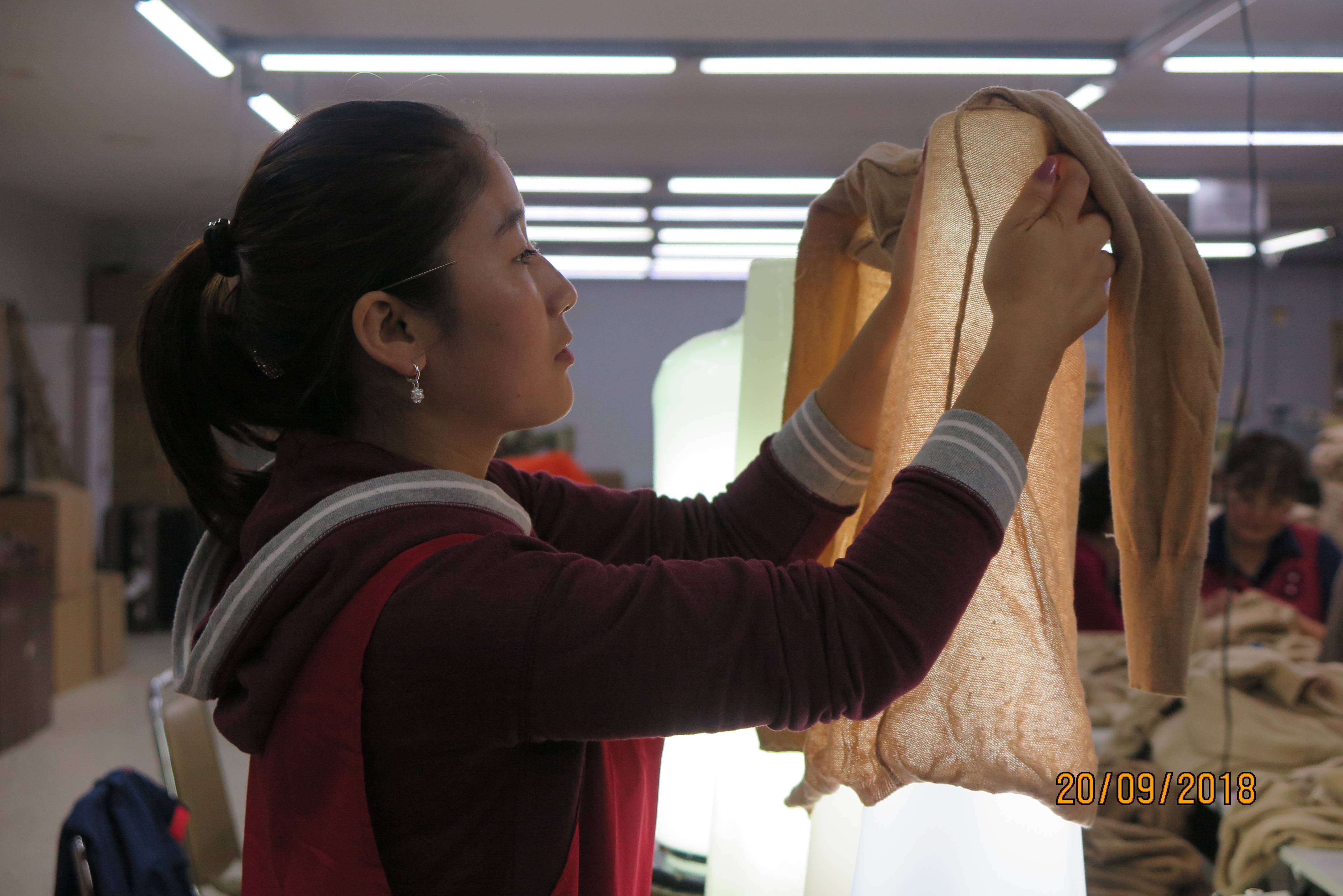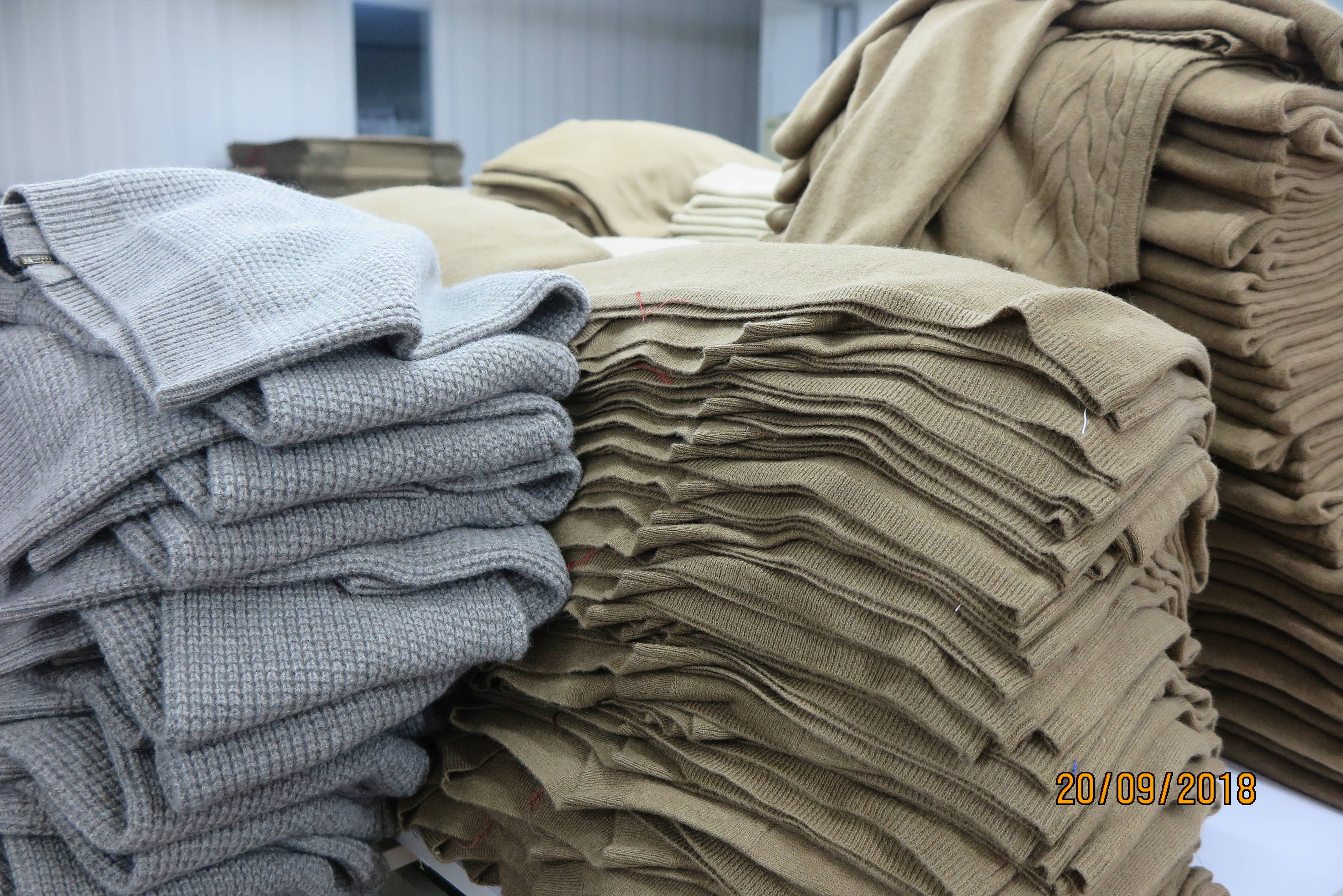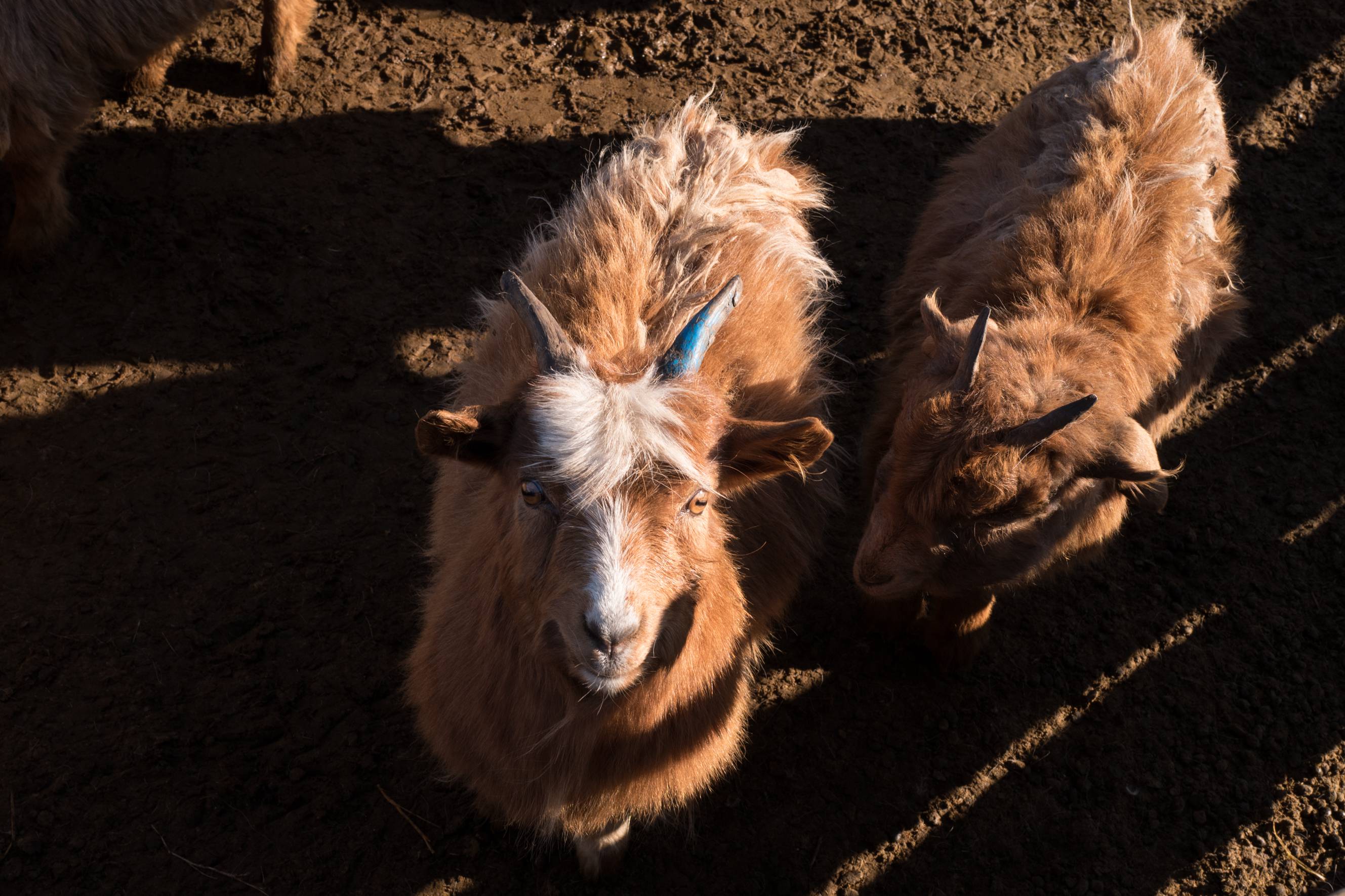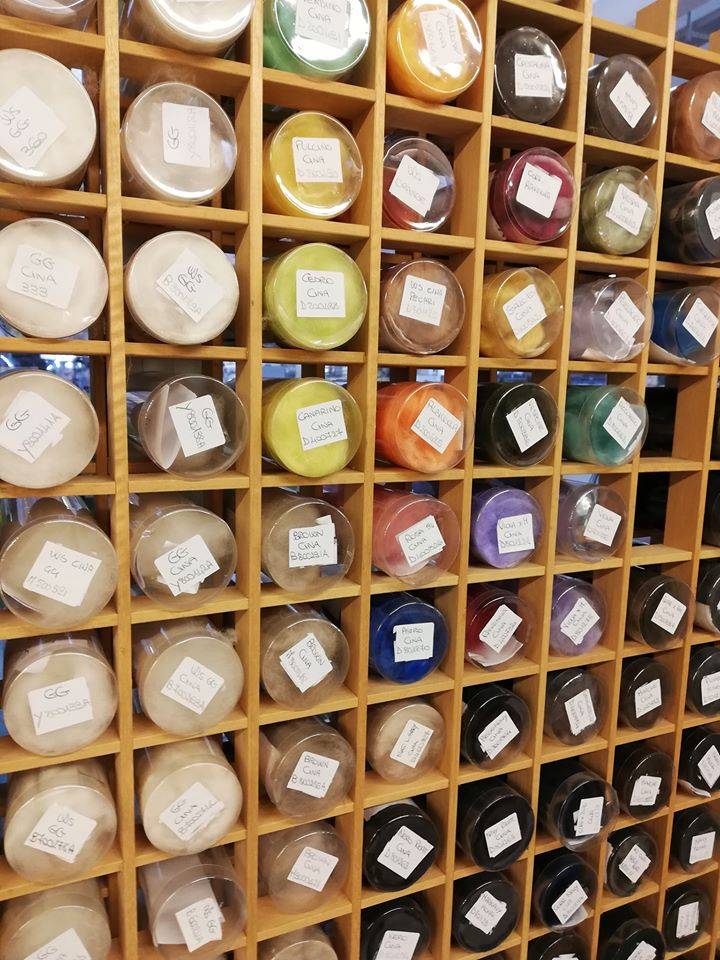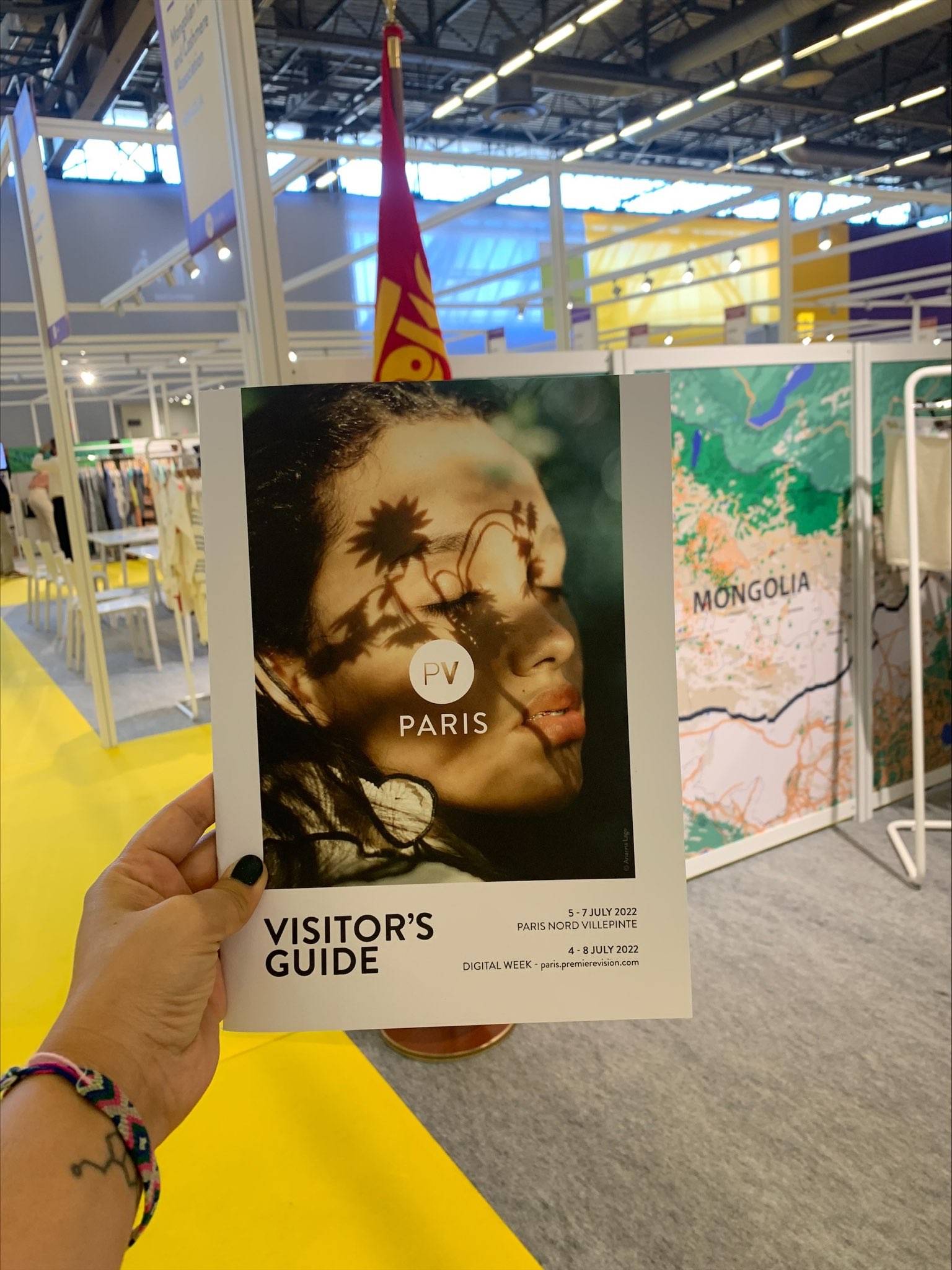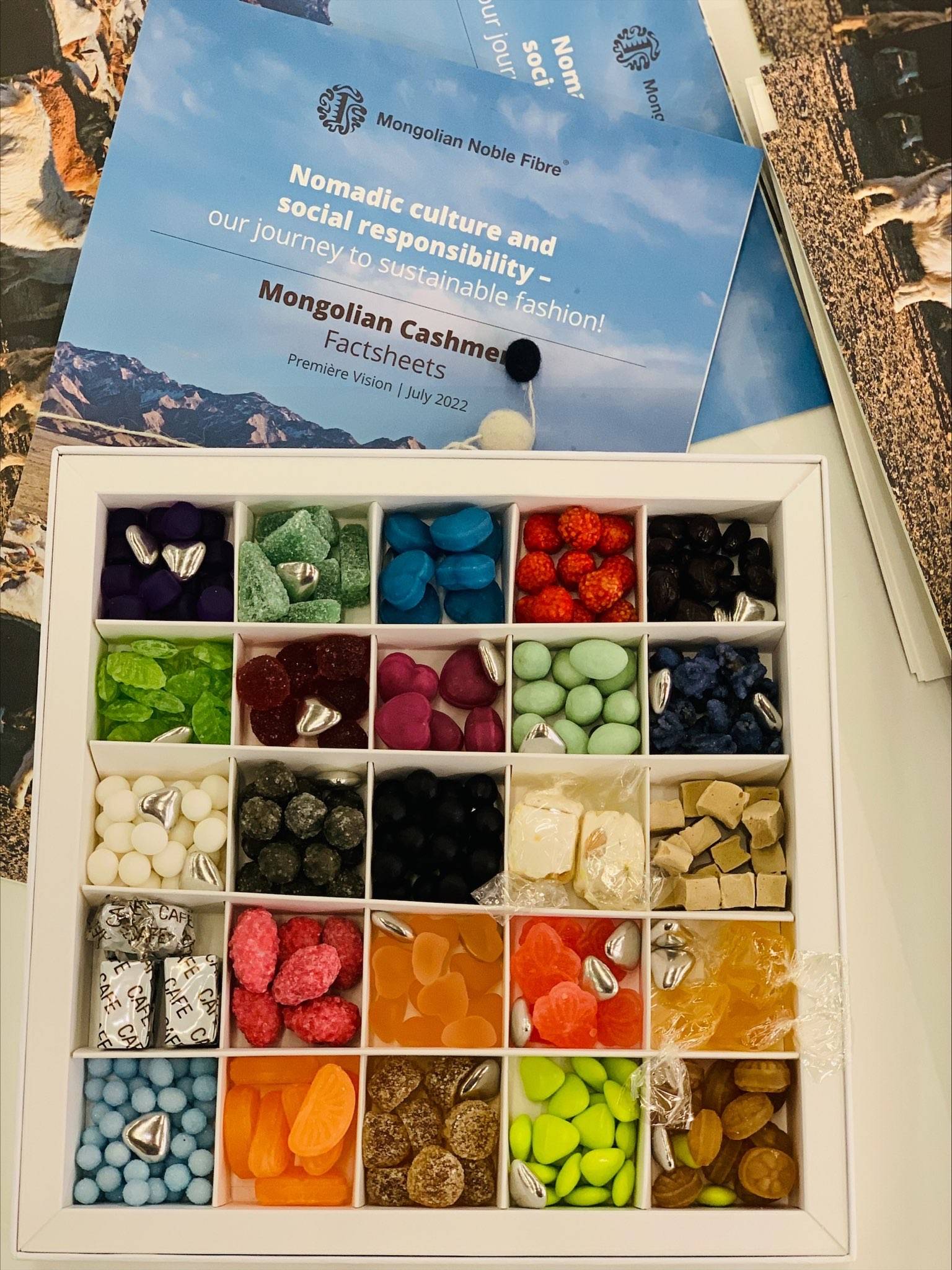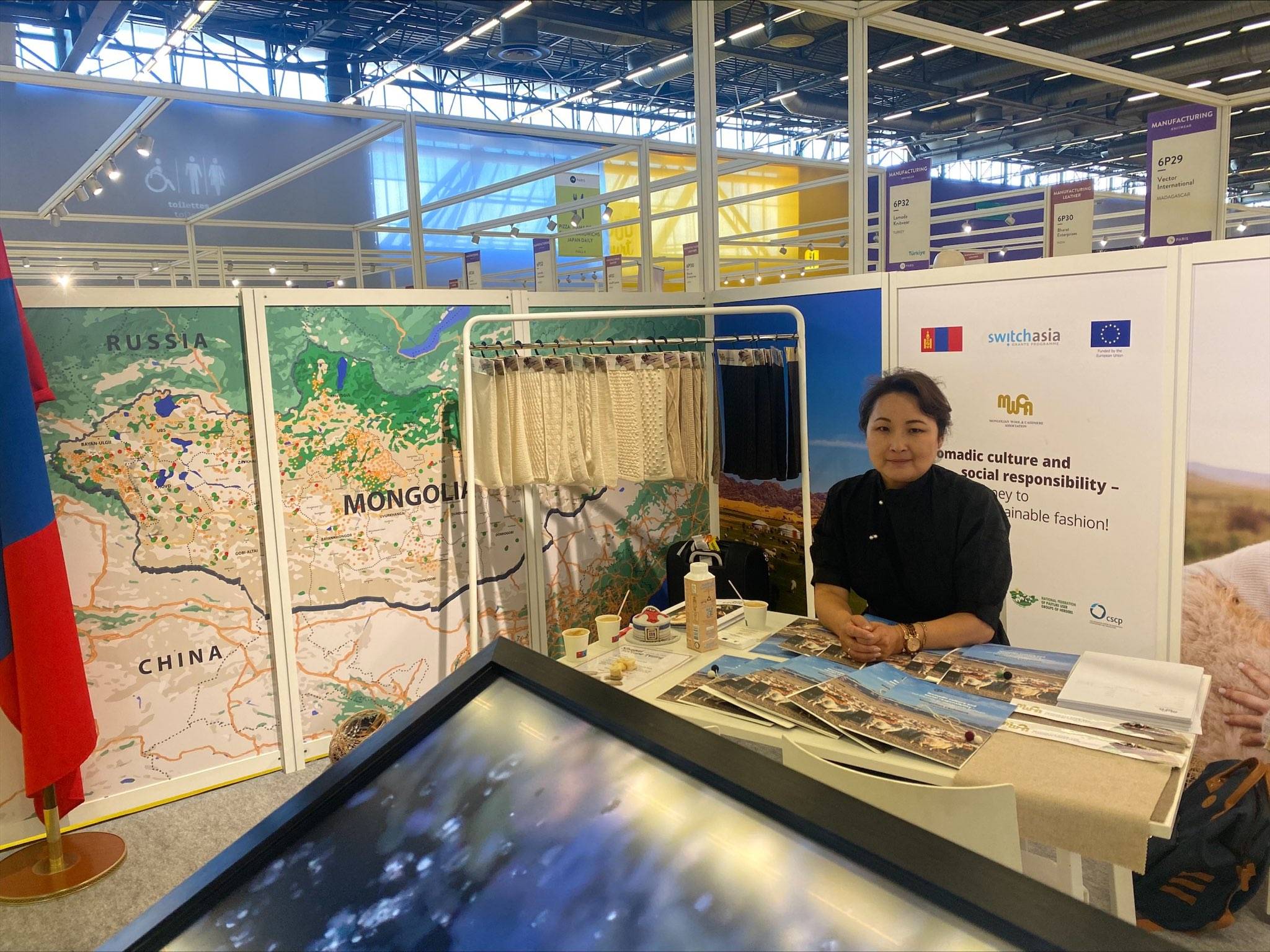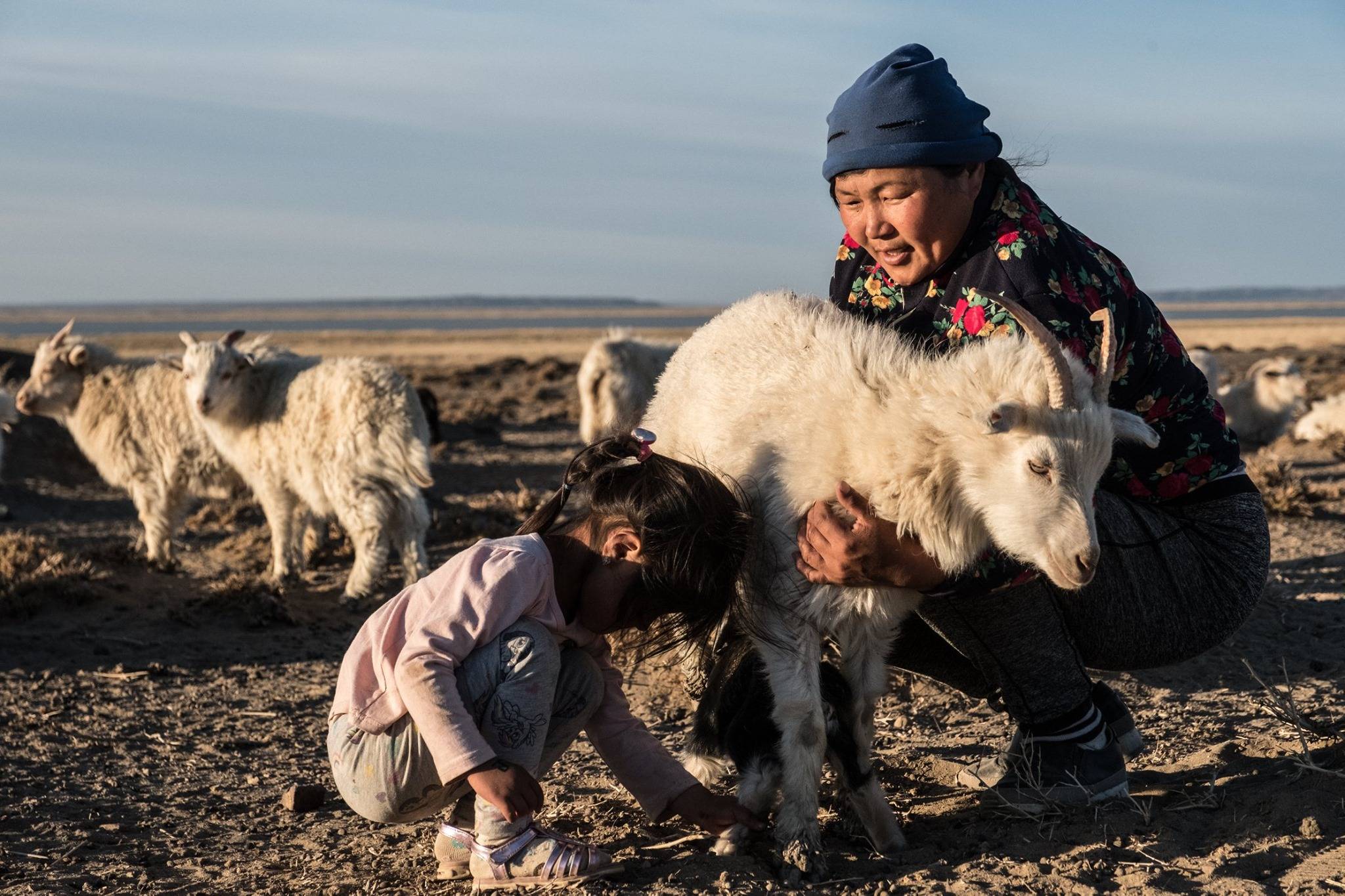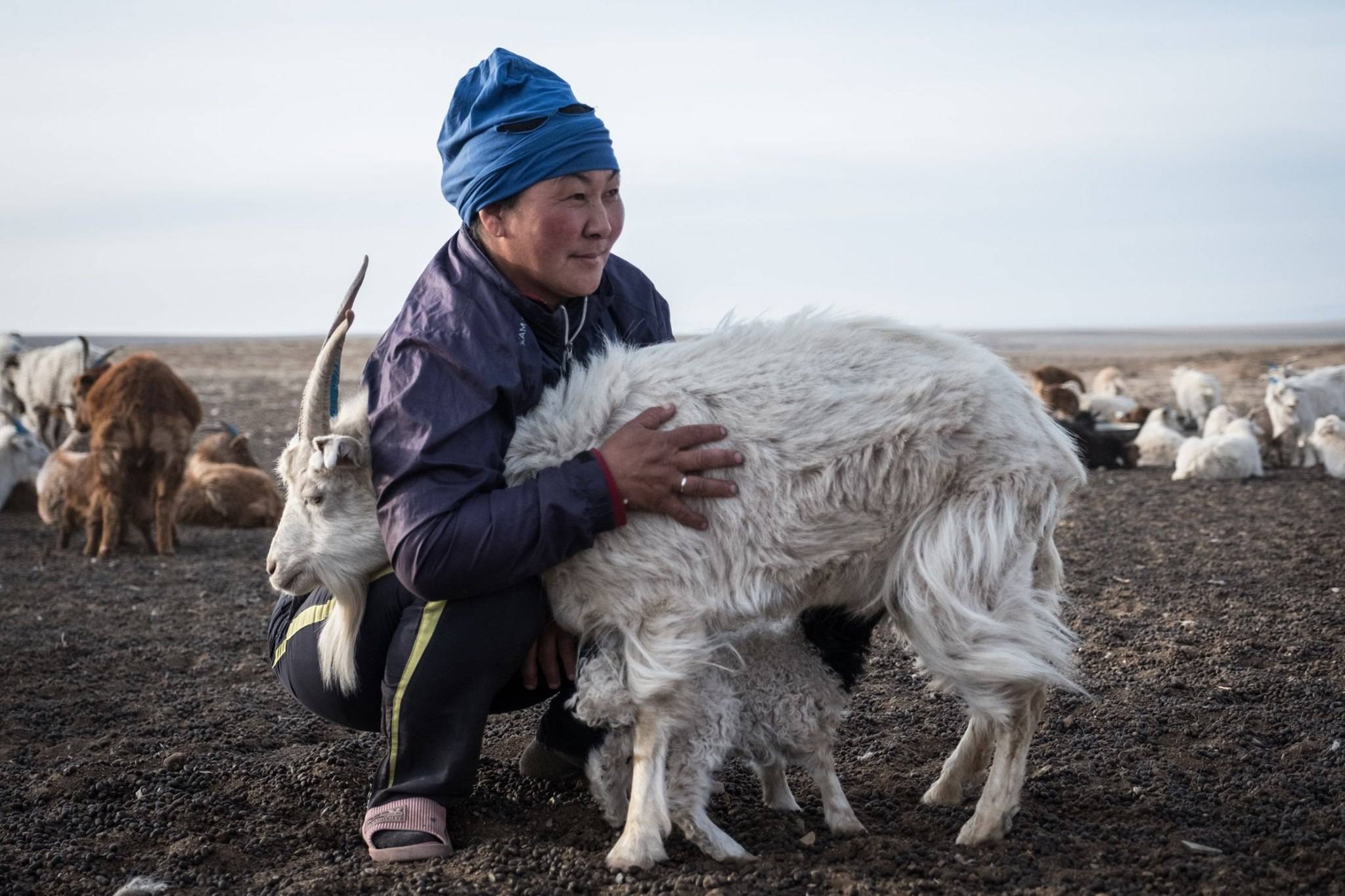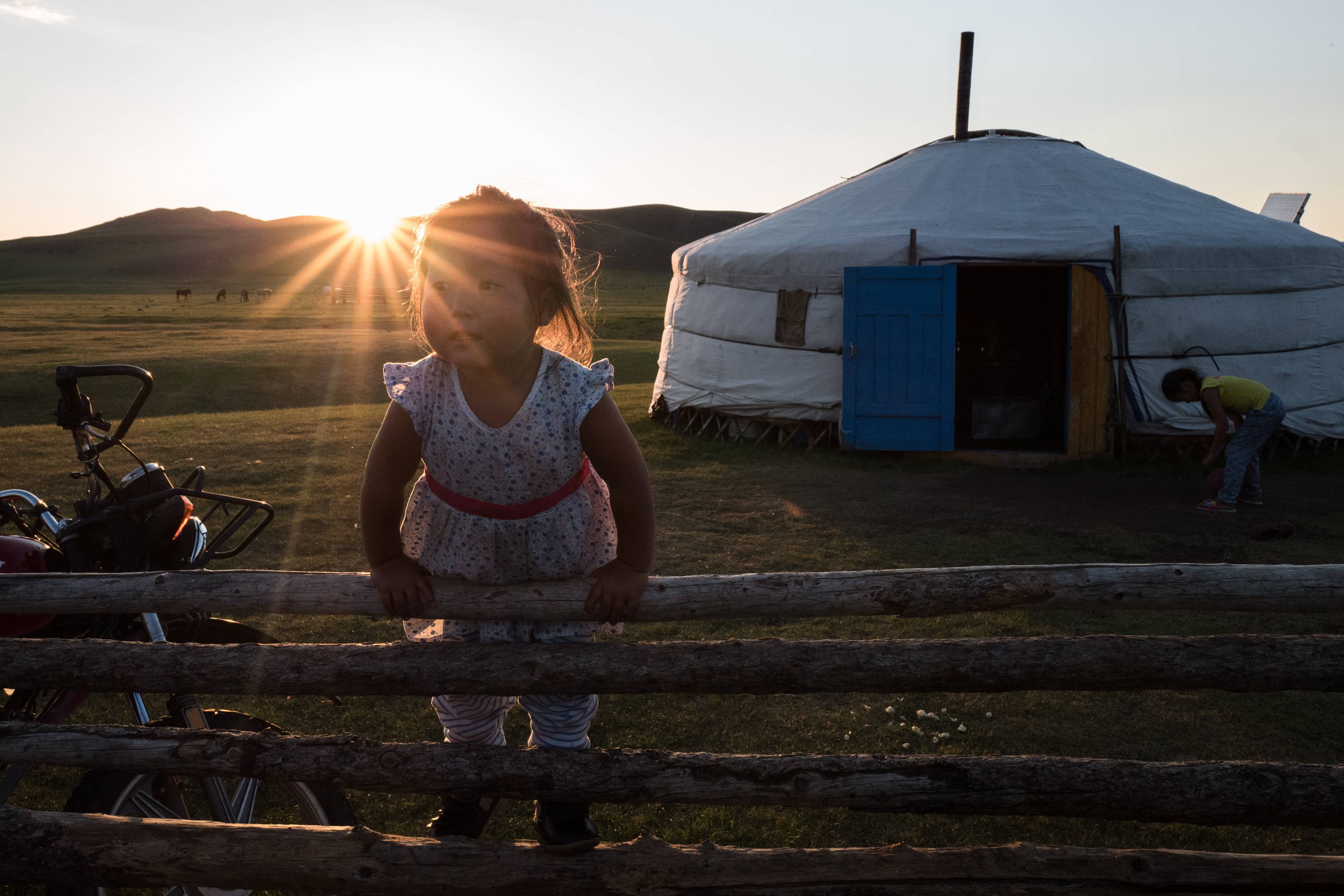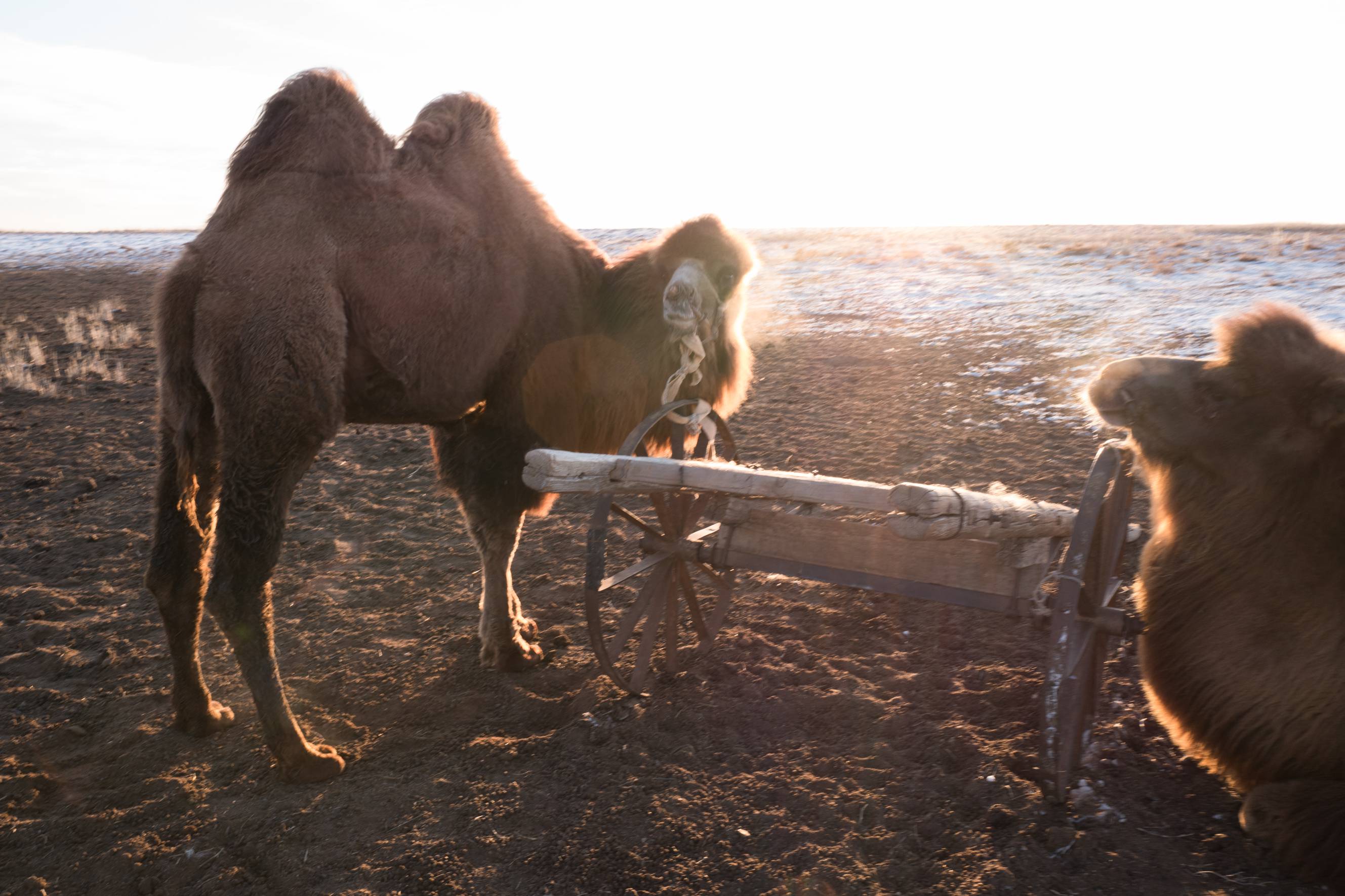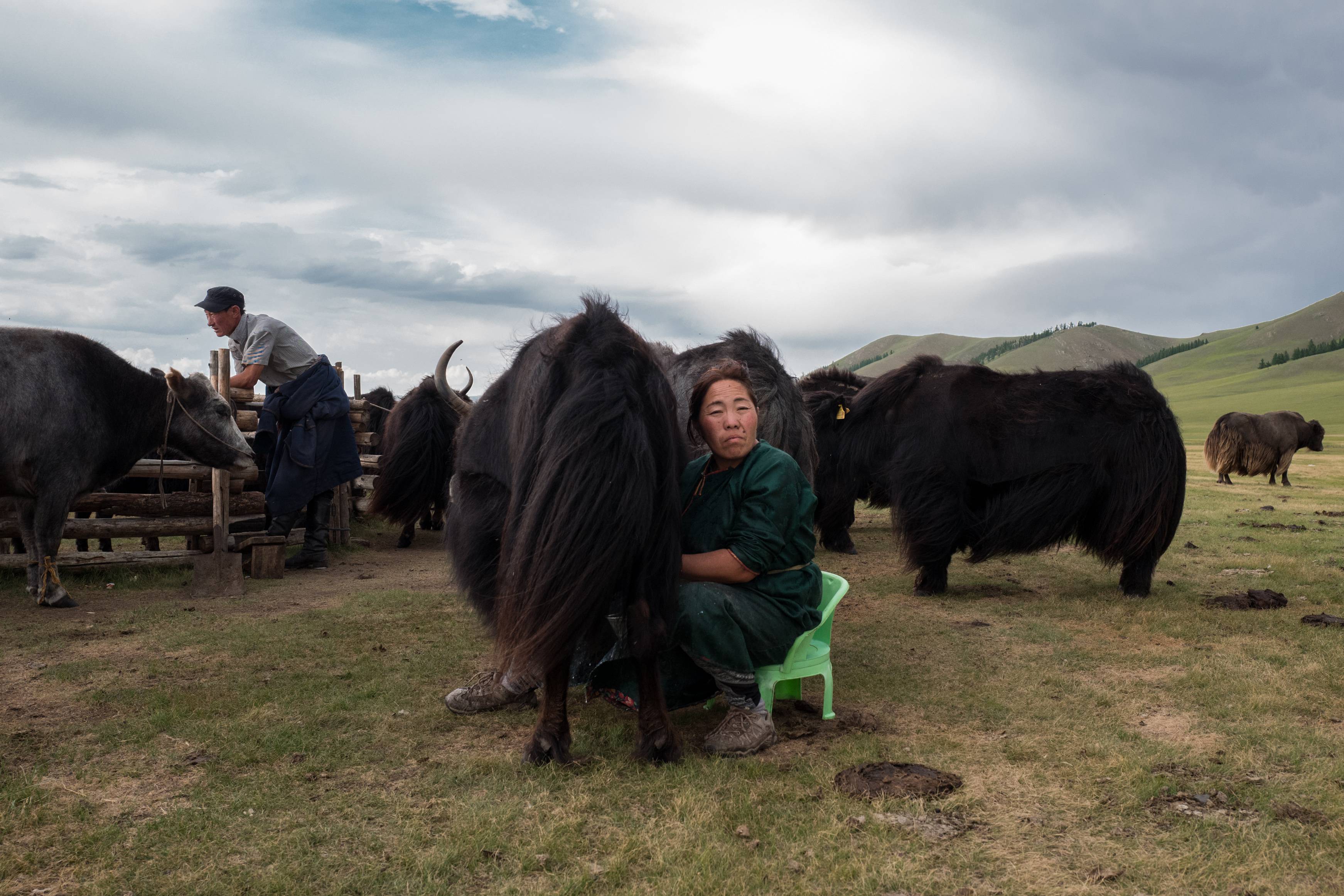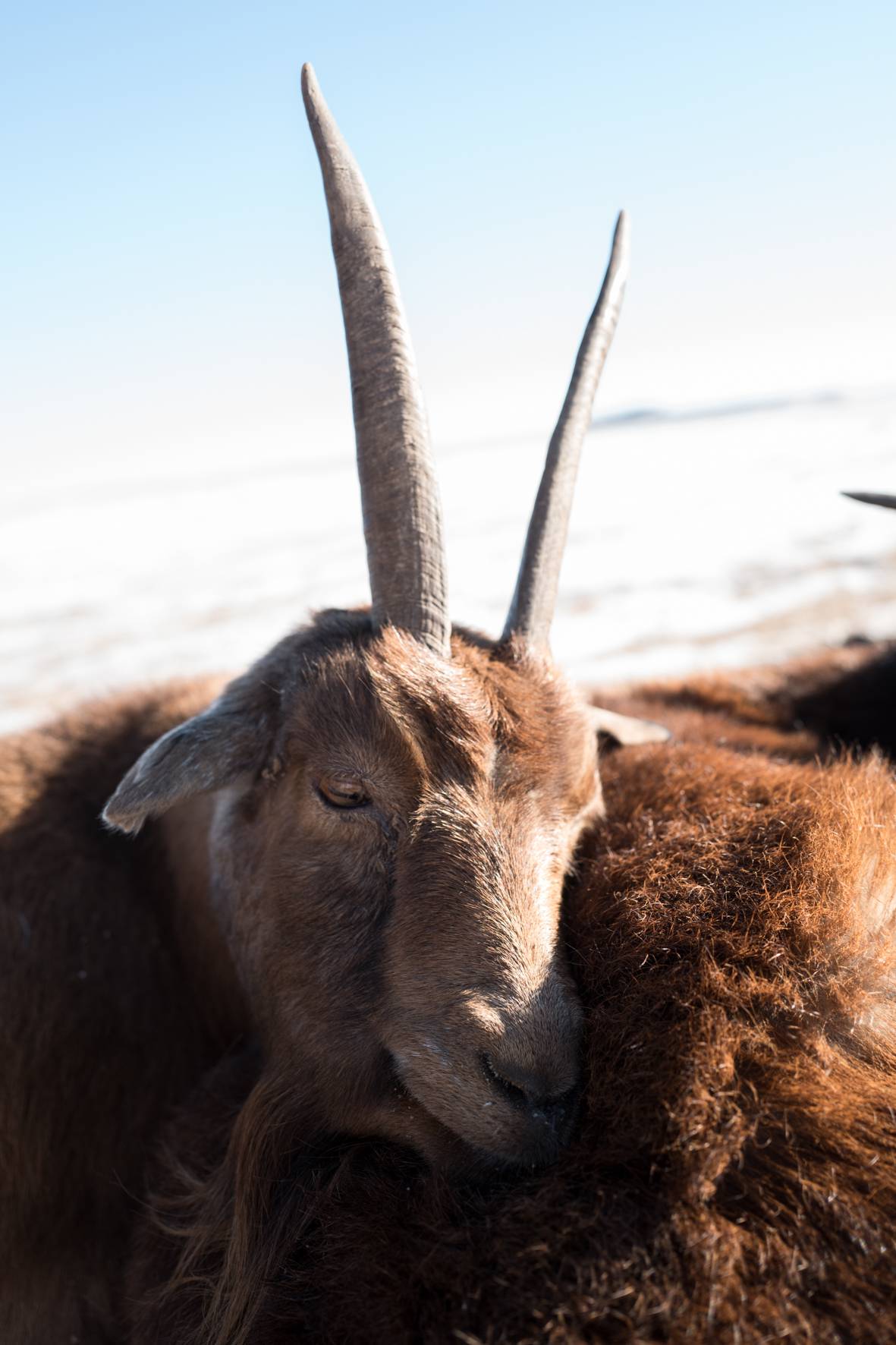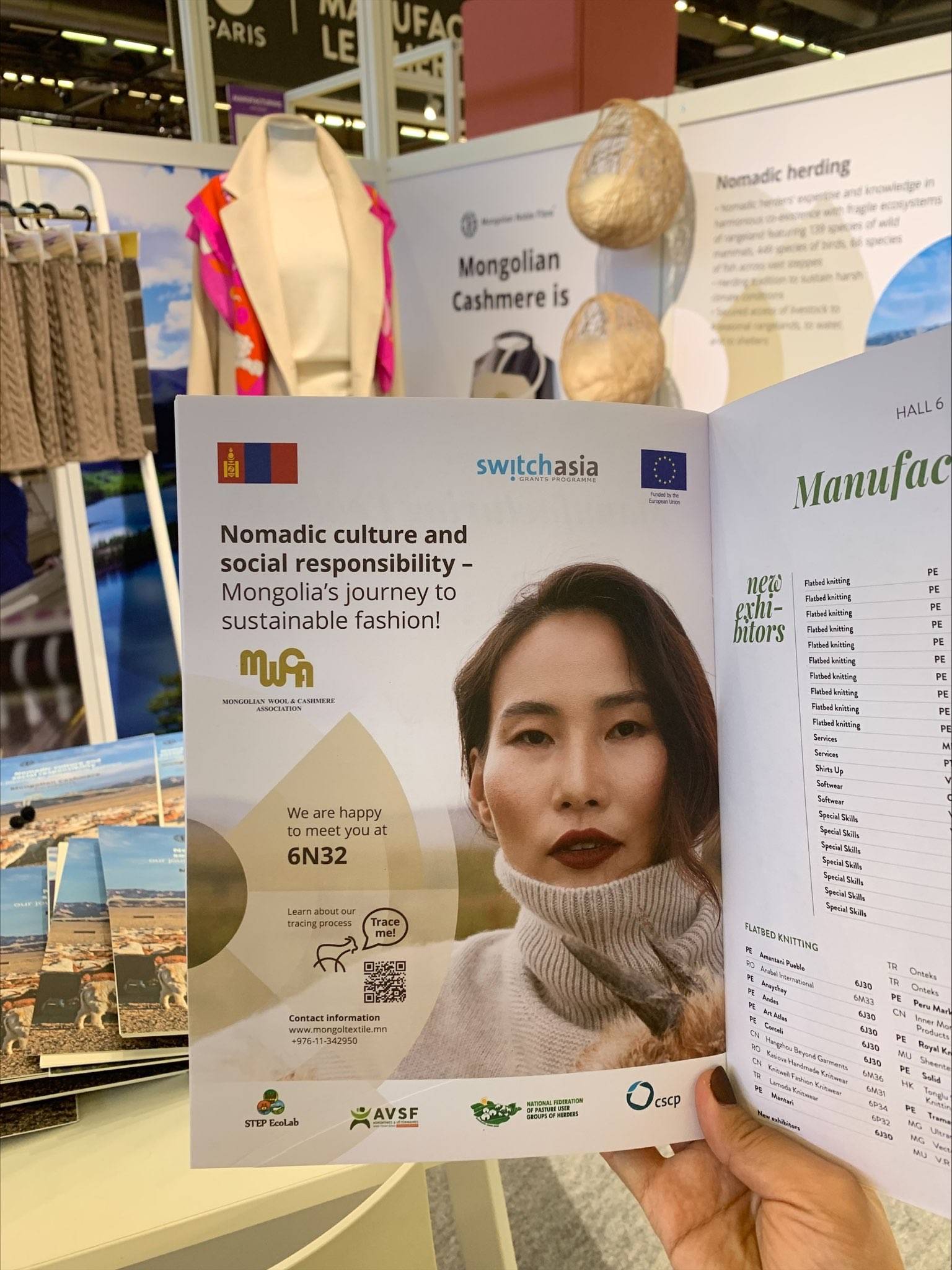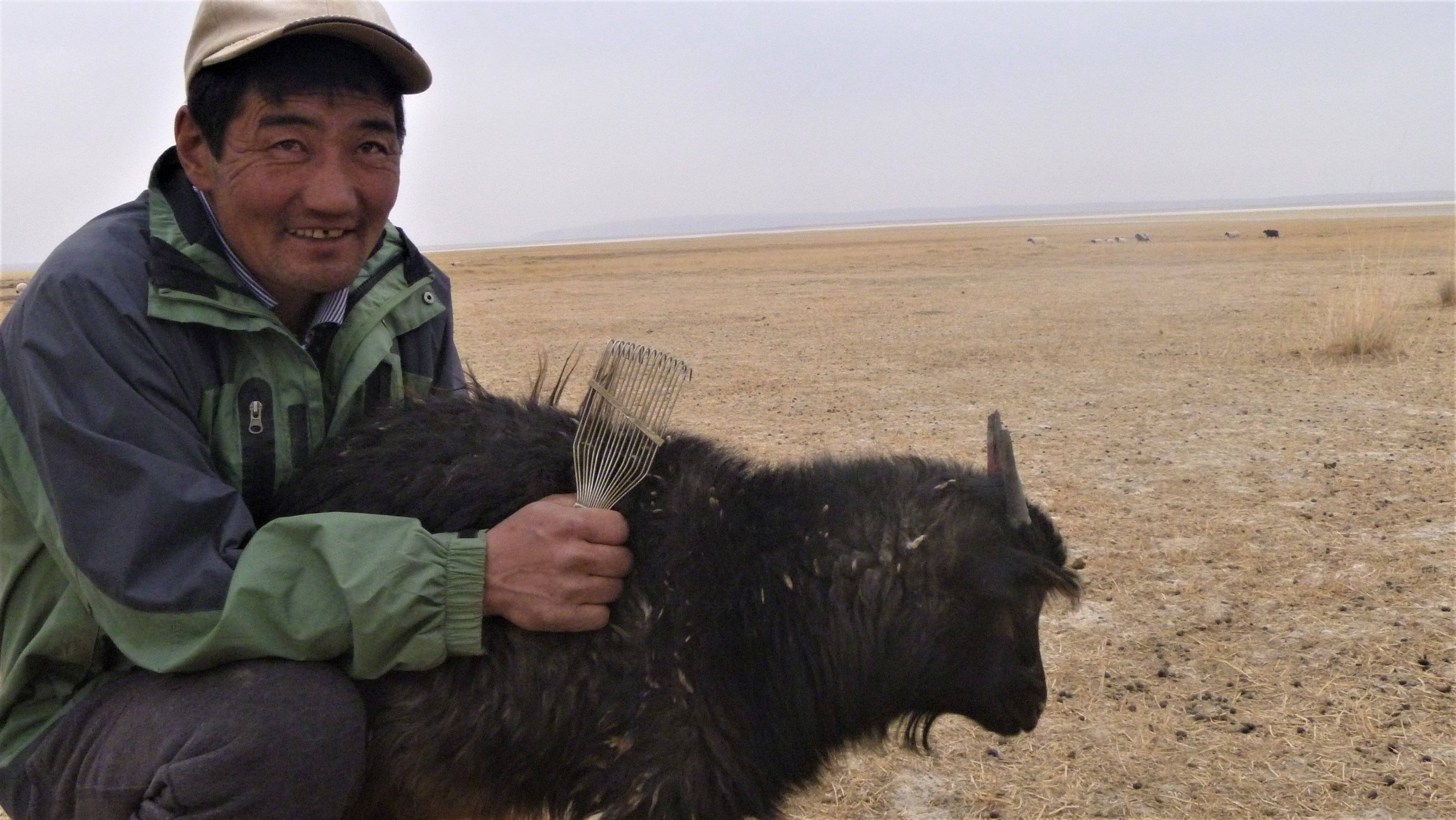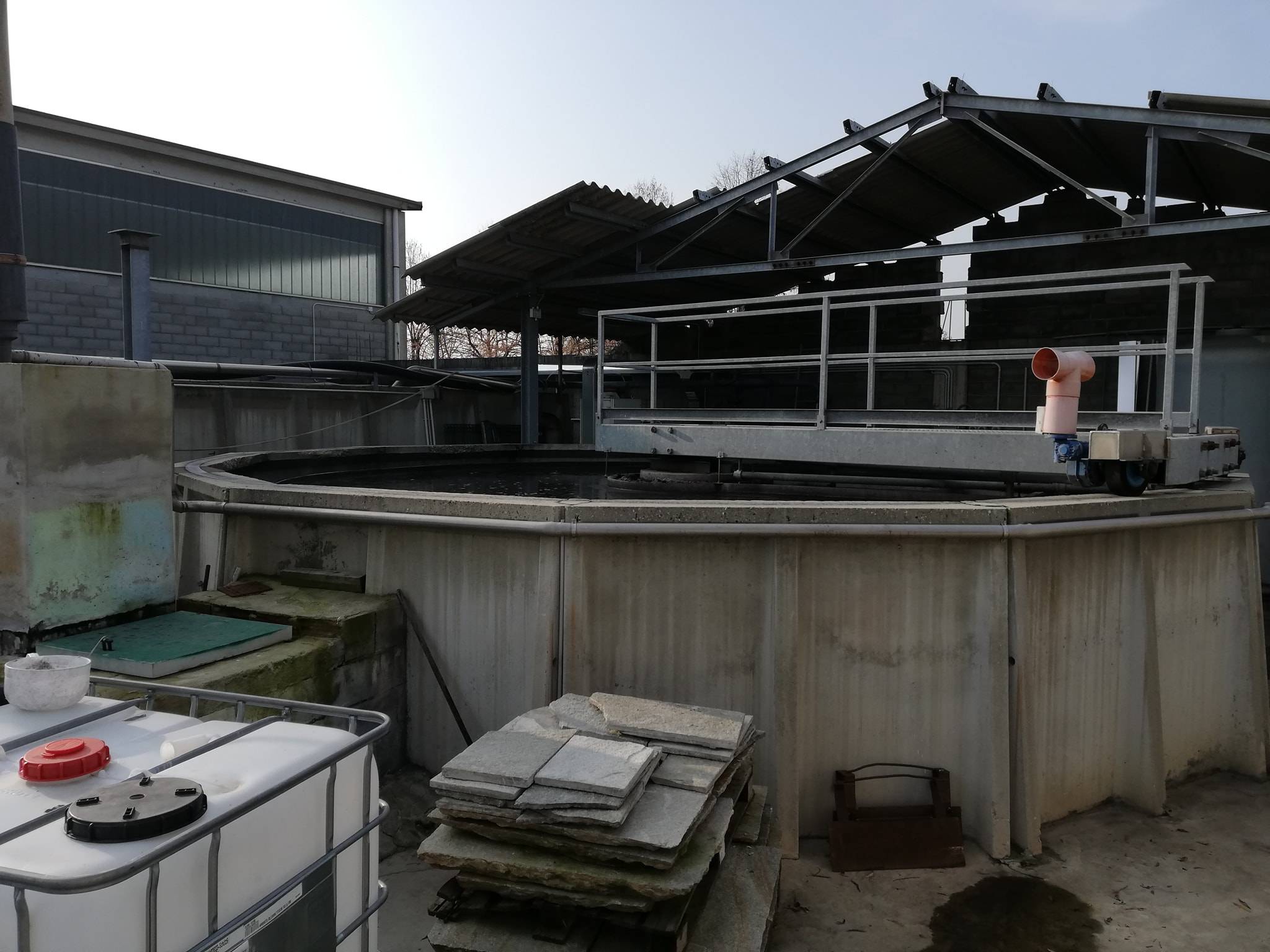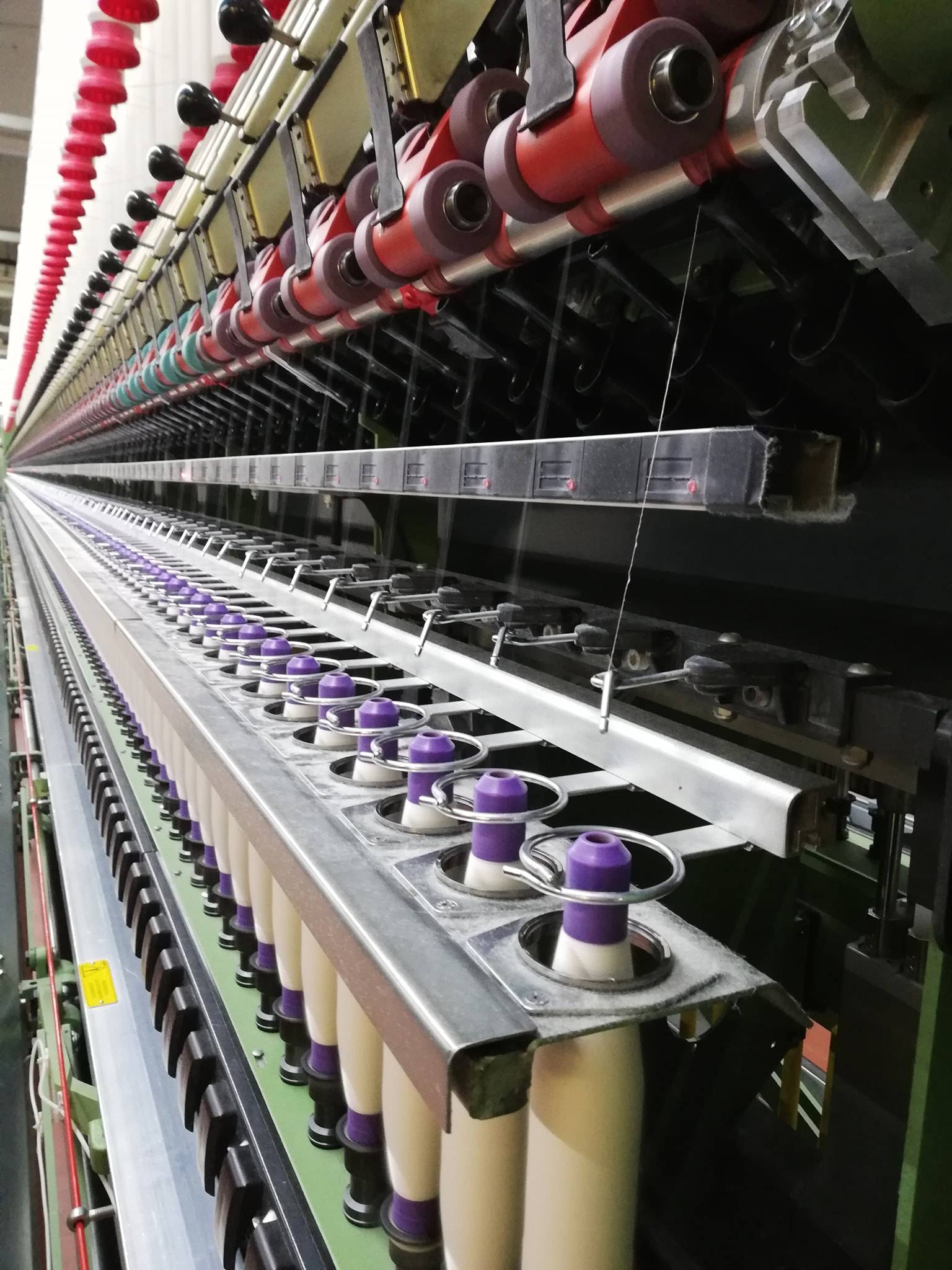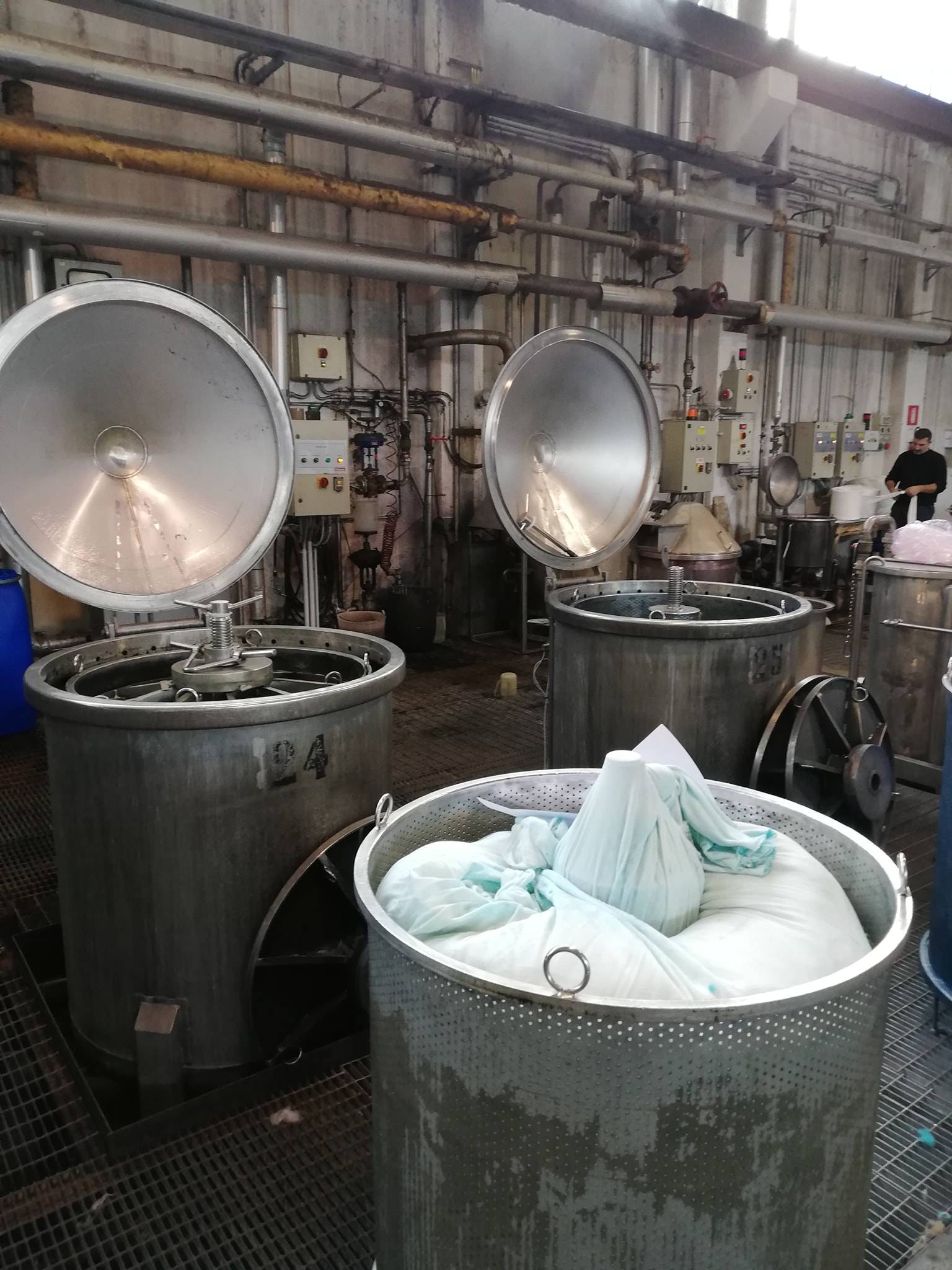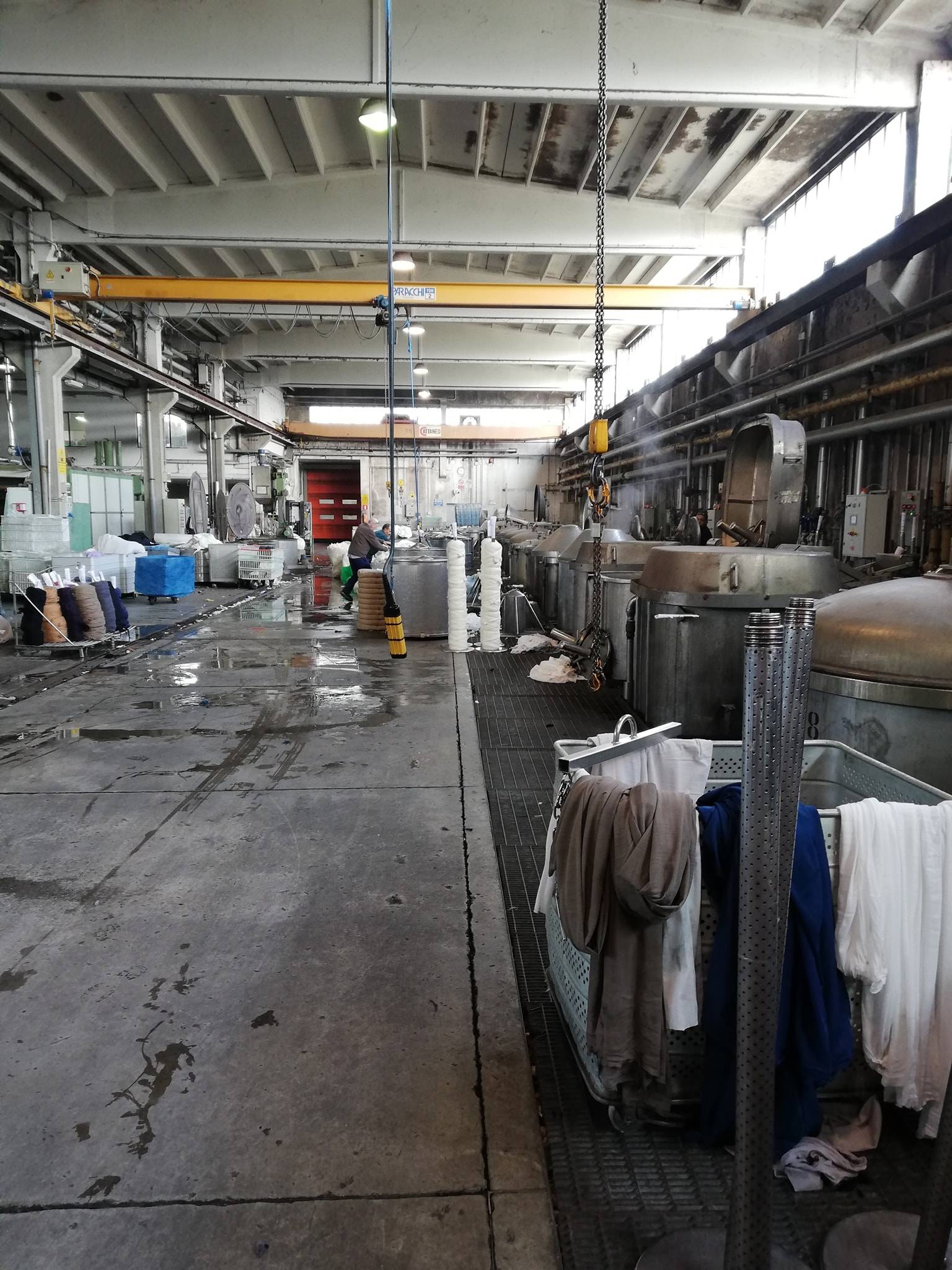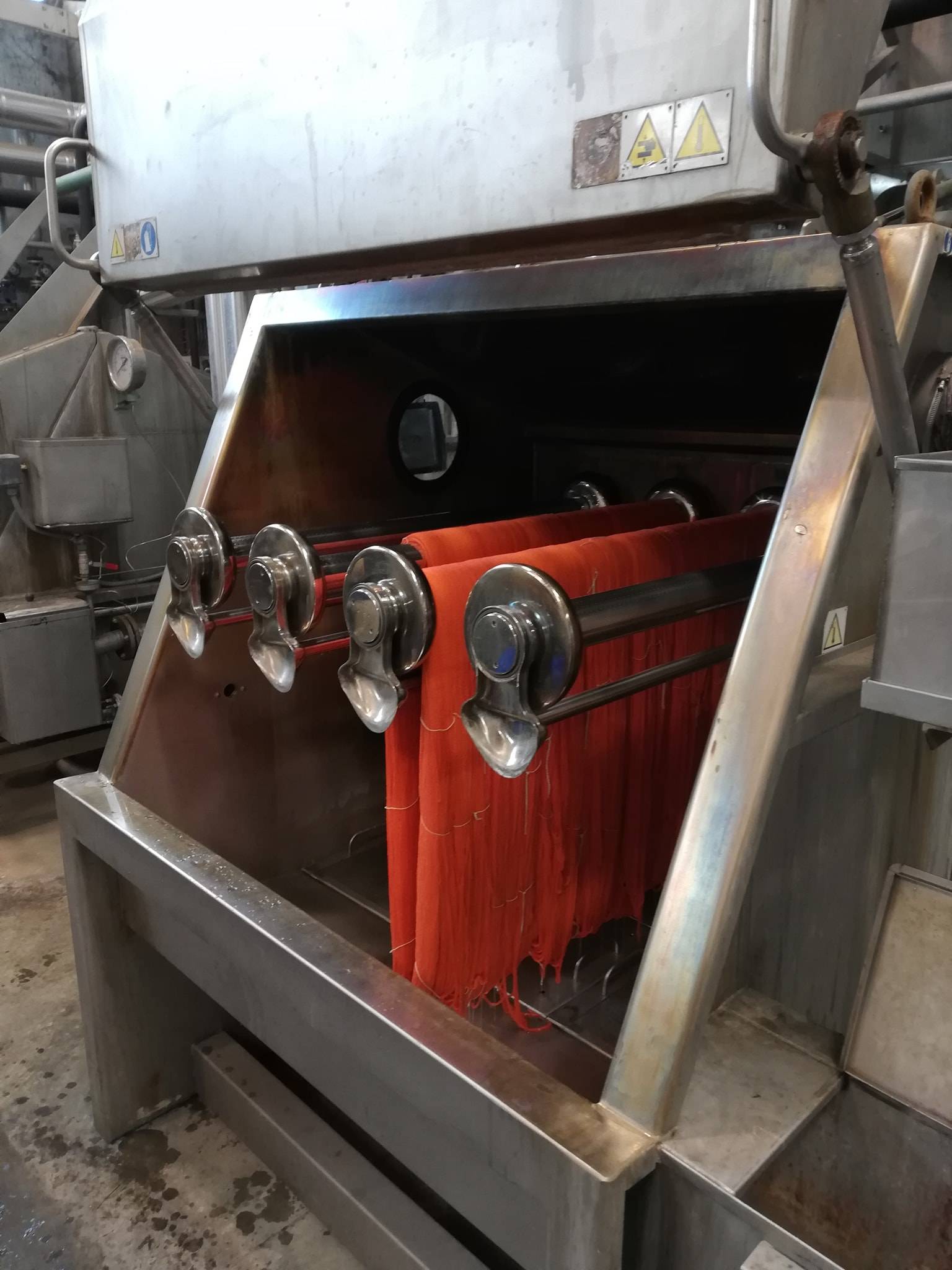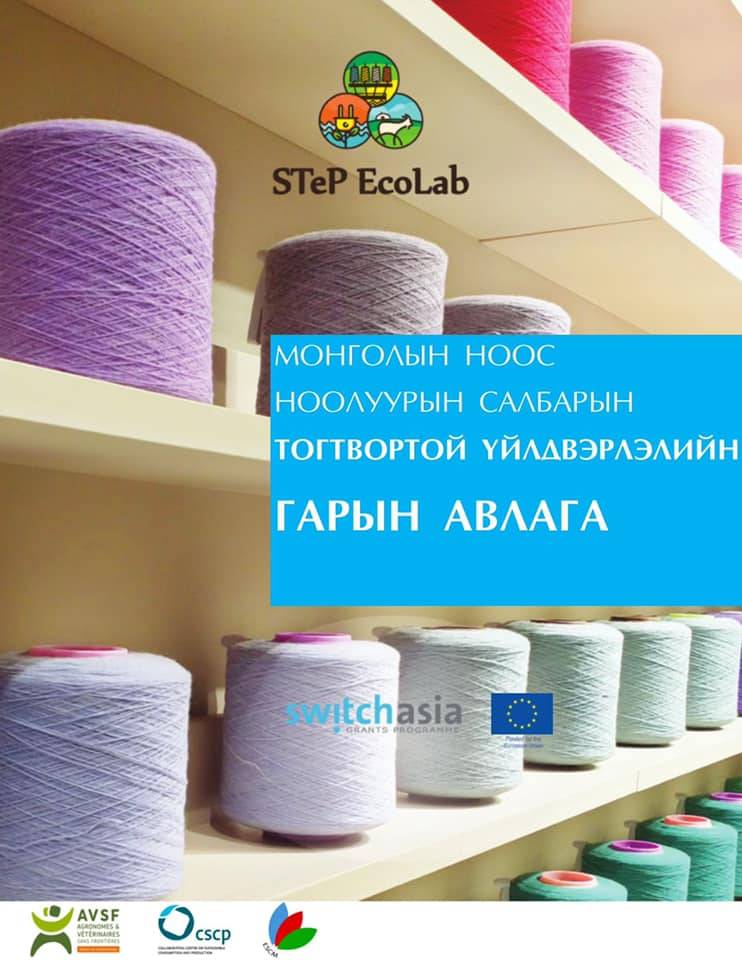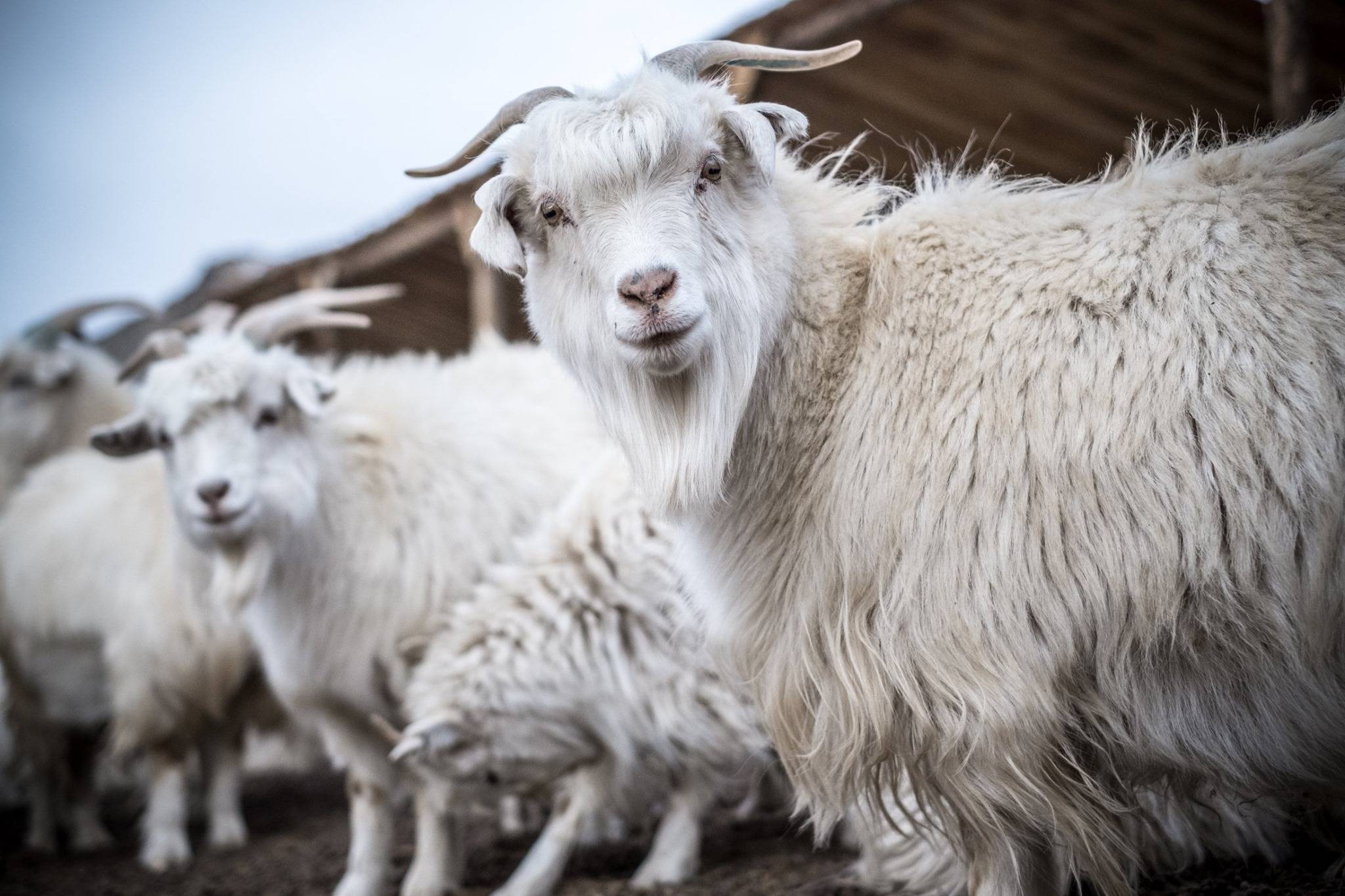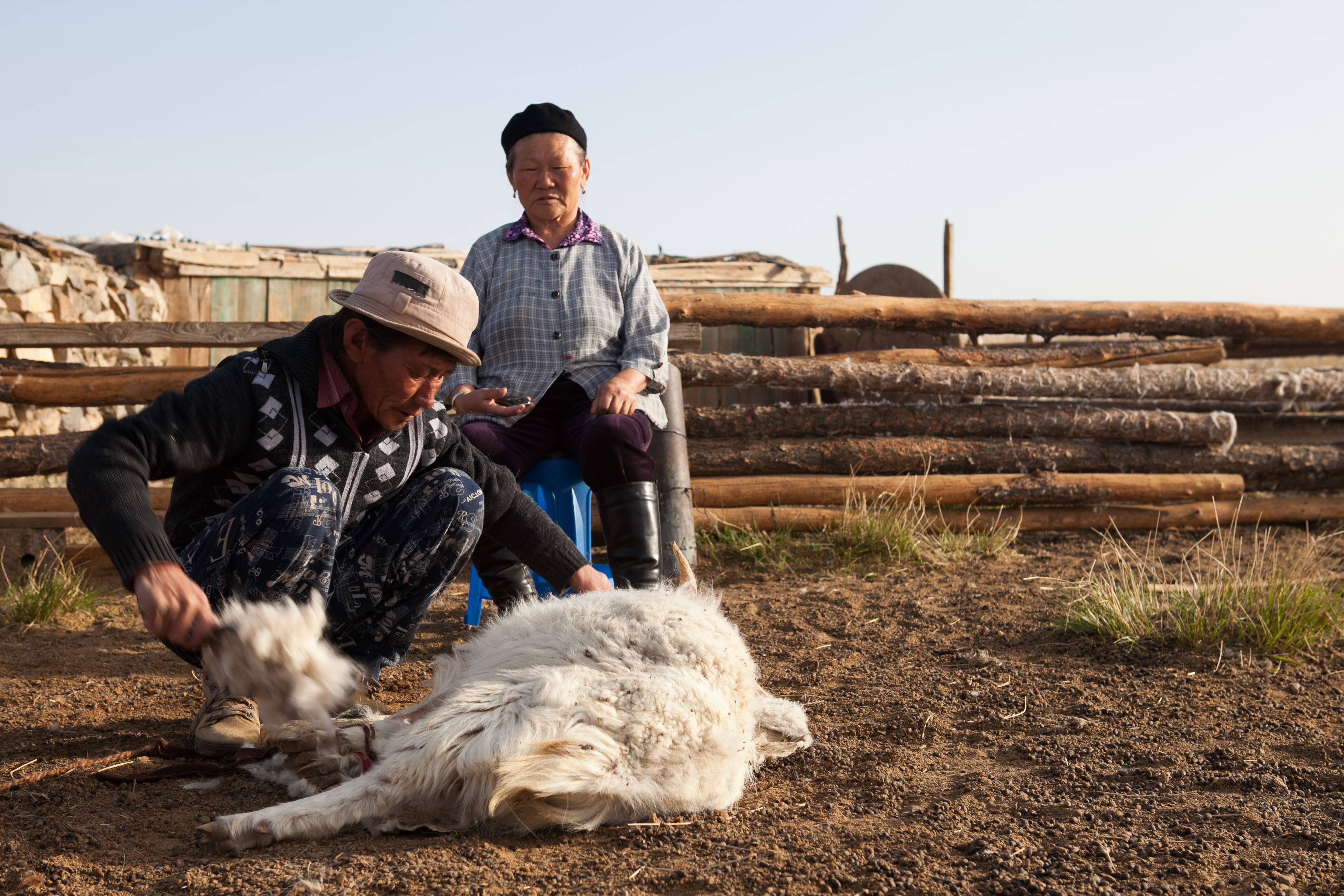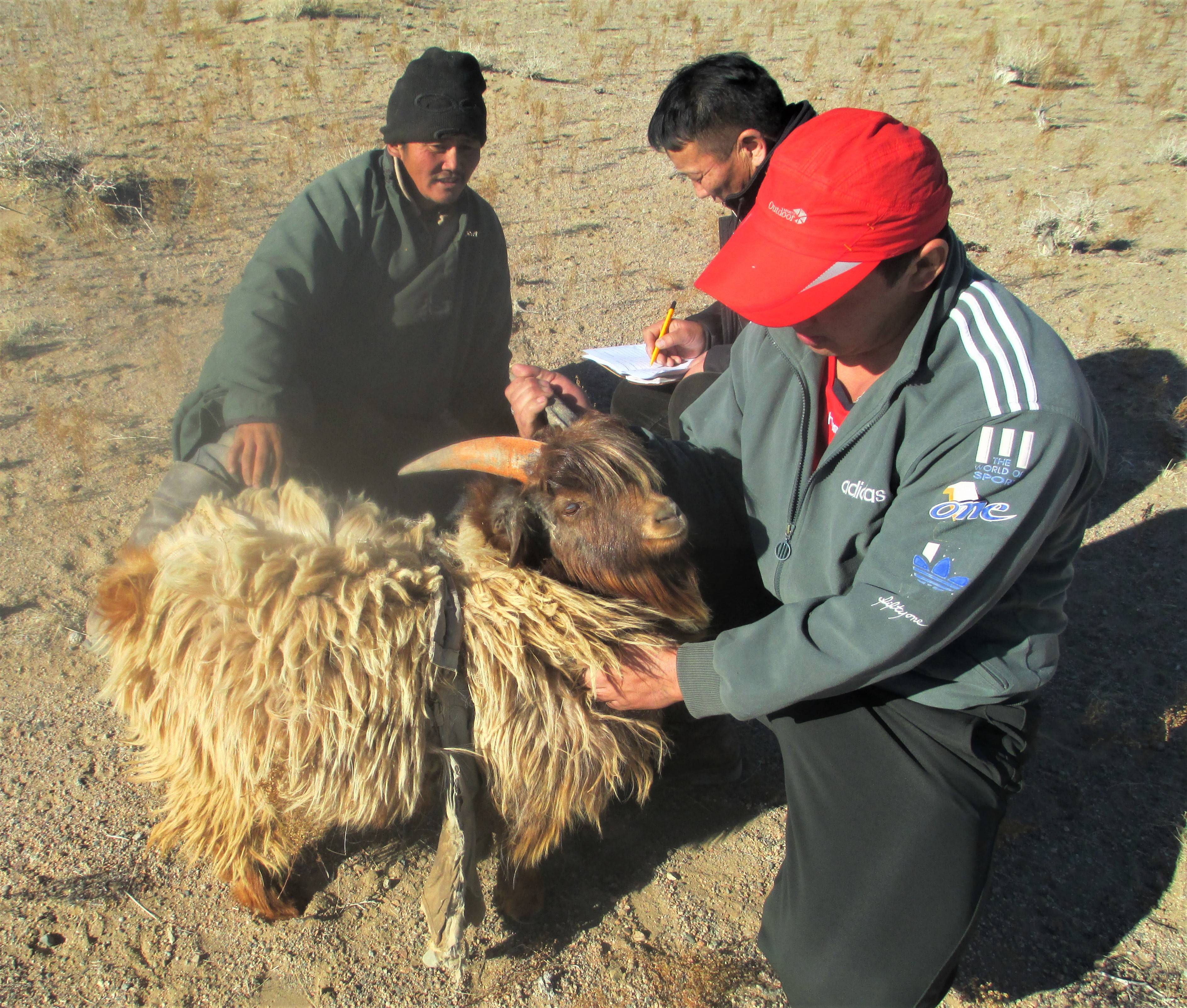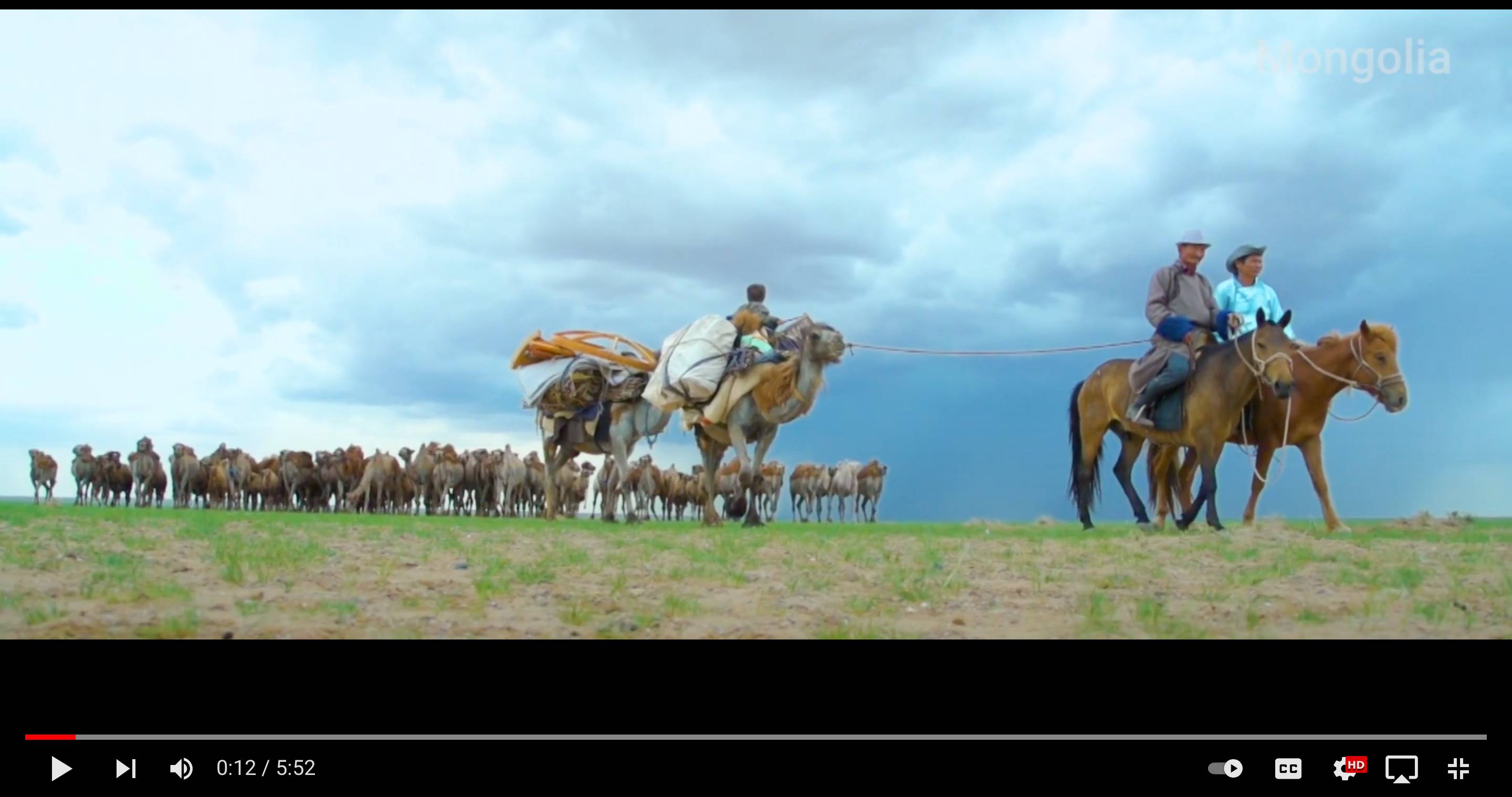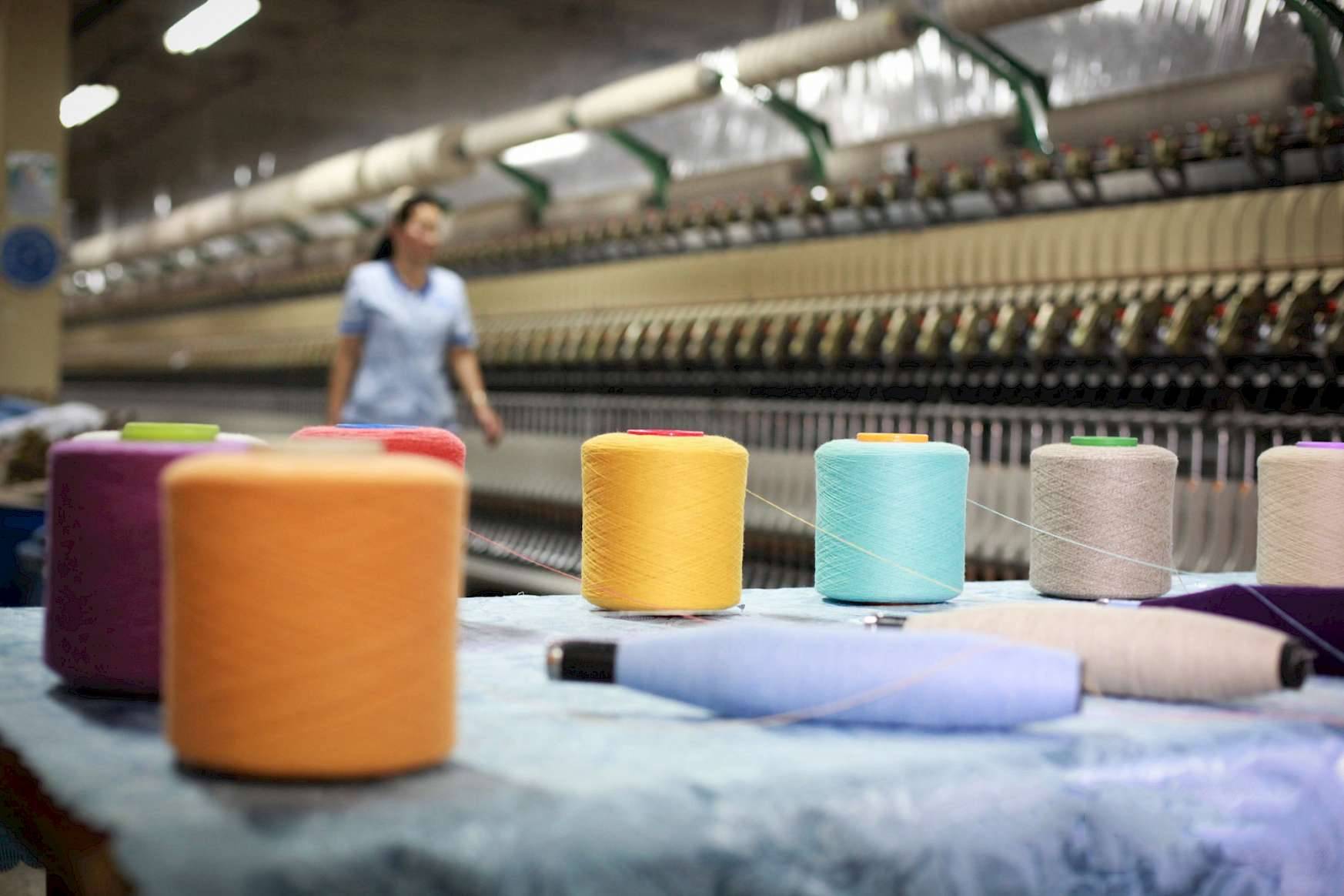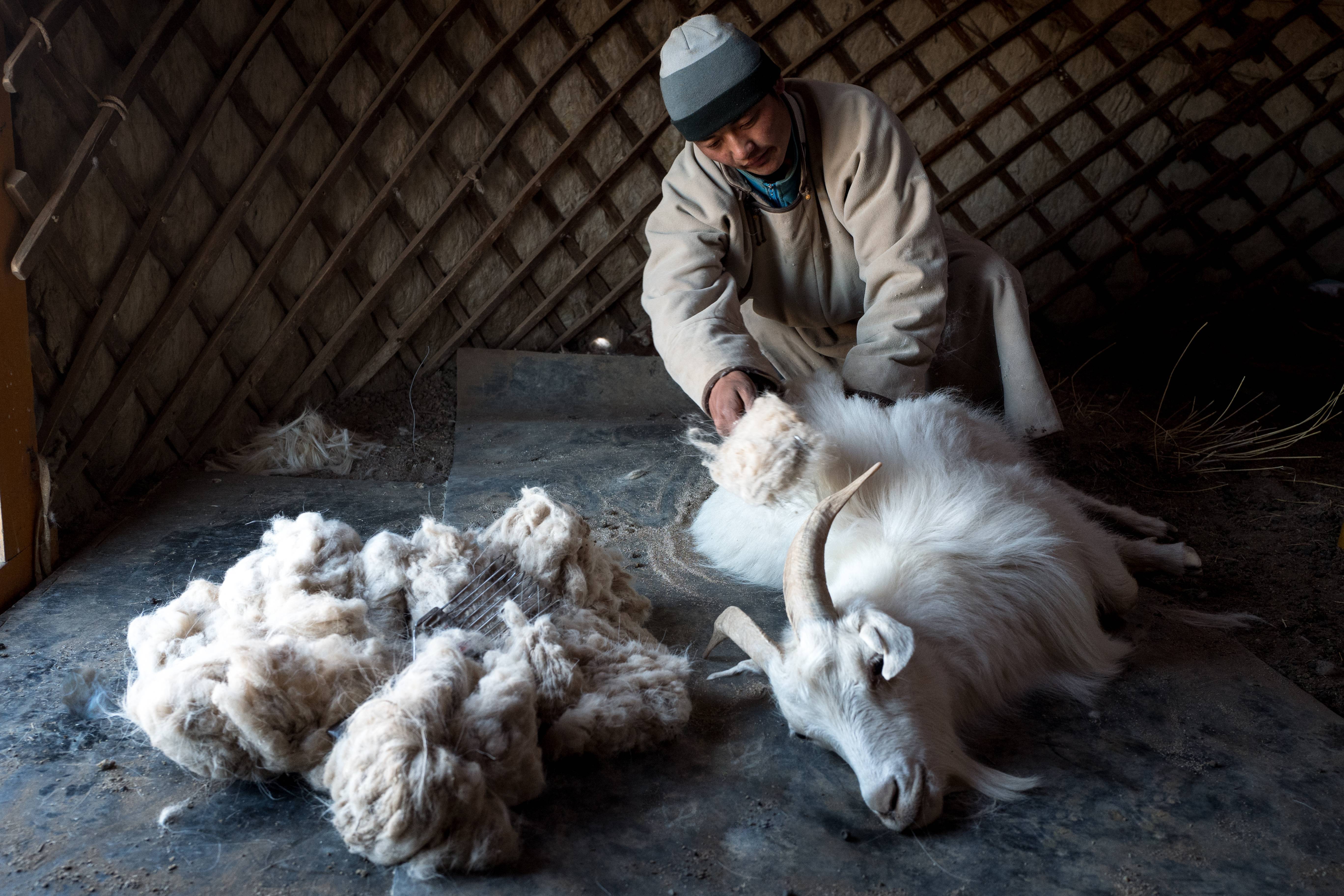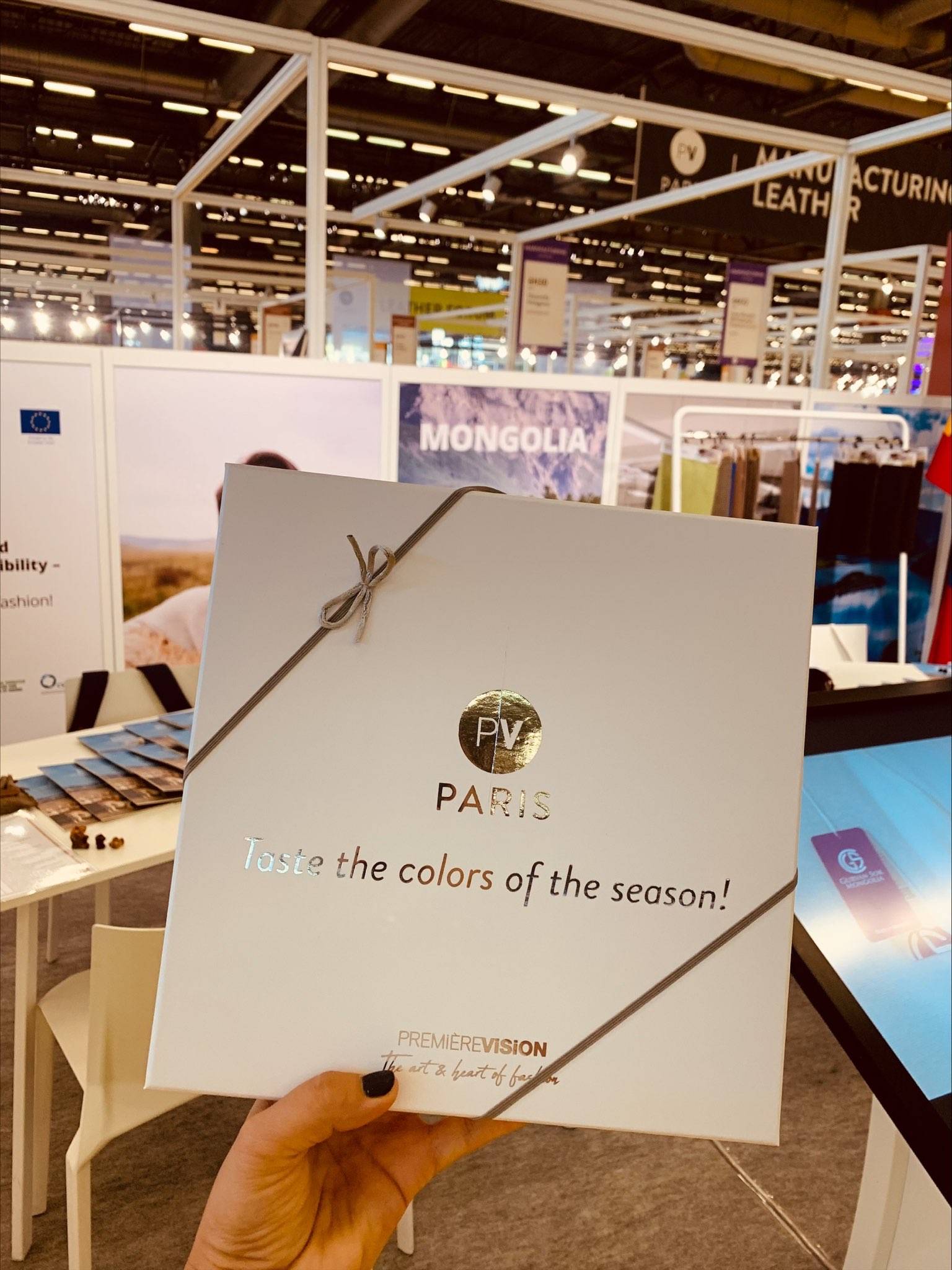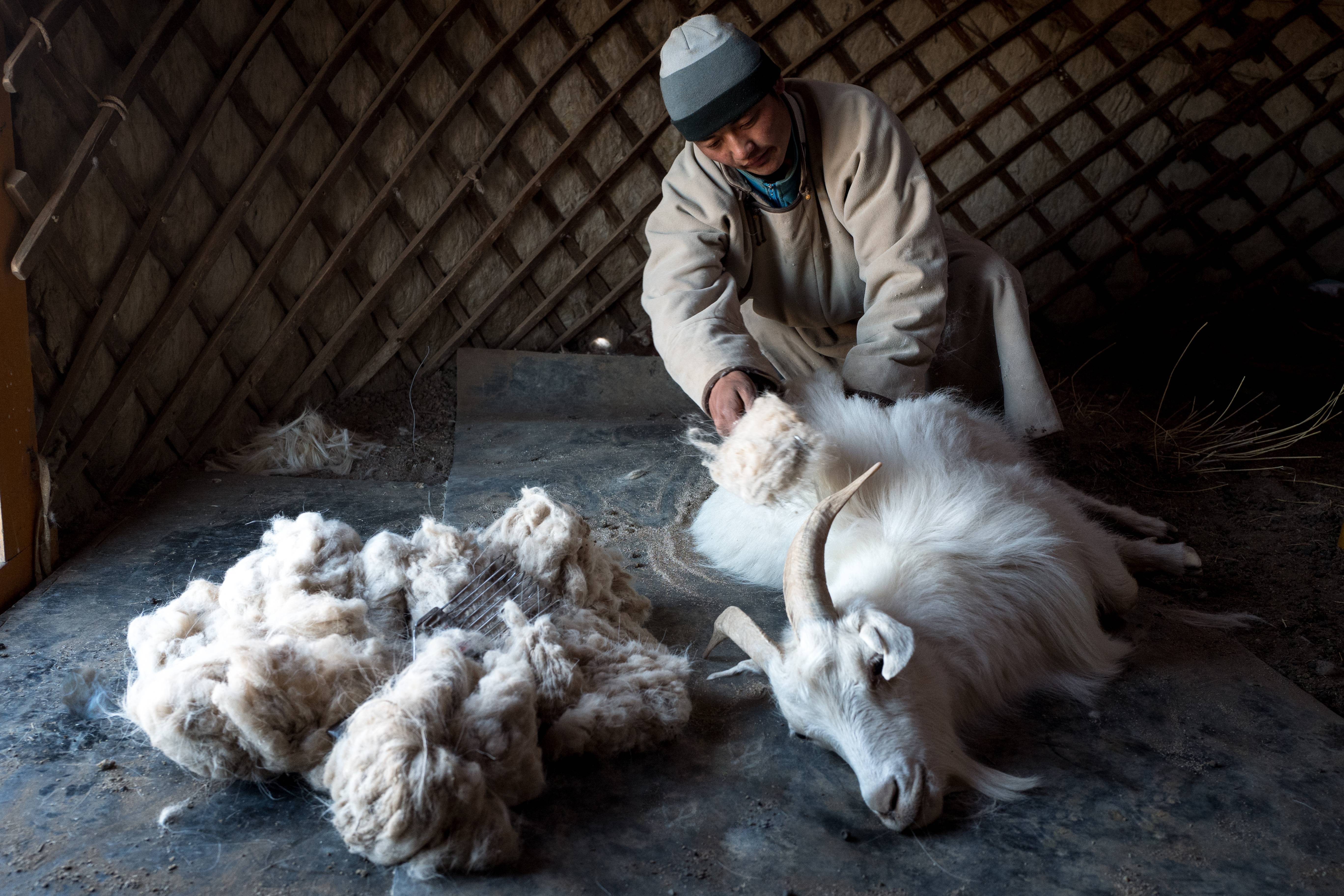
The Challenge
Based on traditional pastoralist livelihoods, the cashmere and wool sector is a key driver of the Mongolian economy and second only to the extractive industry. It is however facing new challenges due to increased competition from foreign processors (sourcing and production). Therefore, the need to establish a more quality-driven production system as well as the emergence of a niche market amongst end customers. The sector has recently been the focus of the Government of Mongolia and its Sustainable Development Vision in order to adopt more environmentally friendly production methods, thereby, lowering GHG and overall pollutant emissions while increasing the share of nationally processed leather, wool and cashmere up to 80% by 2030. The 2018 National Cashmere Program has the objective to introduce eco-friendly technology and develop niche competitive products to Mongolia. In parallel, various agencies have been working consistently with the upstream value chain by looking at the existing environmental impacts and pasture degradation issues which are the key challenges faced by herders’ communities in rural Mongolia. Within this conundrum, virtuous practices (amongst herders and within the banking sector thanks to a progressive legislation) have risen, encouraging actors to adopt more sustainable and quality driven practices.
The Objectives
The STeP EcoLab project aims at supporting the supply chain and the textile industry in adopting more sustainable sourcing and production practices and simultaneously improve the branding for sustainable products, optimise cost-saving measures and reach out to climate finance and diversify the portfolio of customers. STeP EcoLab will strive to leverage key drivers of sustainable consumption and production in Mongolia by consolidating sustainable and certified raw material sourcing options meeting markets expectations; developing a conducive environment for textile processing SMEs to switch to sustainable production practices; and raising customers’ and consumers’ awareness of Mongolian sustainable textile related initiatives.
The Way Forward
- Promoting by AVSF and NFPUG best practices on raw material sustainability, quality improvement and control and sustainable certification.
- Creation of a multi-stakeholder platform to foster and promote the convergence and extension of existing animal fibers eco-labelling schemes. Consolidation of sustainable raw material sourcing options for Mongolian textile processors.
- Performed by CSCP and ESCM, assessment of textile processors related to their social and environmental impacts, including joint-identification of feasible improvements. With and under MWCA, creation of a platform to co-develop a sectorial roadmap and a Voluntary Code of Practice (VCP), embodying the commitments of the processors to switch to more sustainable production practices. In parallel, analysis of the existing regulation in order to build the case for regulatory adjustments.
- With the Mongolian Bankers’ Association, sector specific Environmental and Social (E&S) risk assessment, development of dedicated tools and guidelines. Demand study for sector specific green finance products. Identification and development of a pipeline of projects for international and domestic green finance operators. Jointly, capacity building of MWCA members to access green finance.
- Academic level support to MUST in developing courses on E&S management tailored for textile engineers, follow-up with Training of Trainers for MUST professors and integration of the content in the official curriculum.
- With relevant expert support, study on expectations of Mongolian and European consumers. Sustainable products marketing and communication support for MWCA and its members in Mongolia. Organization and participation in trade fairs (Europe and Mongolia) in order to connect processors and suppliers to the market for sustainable products.
Video
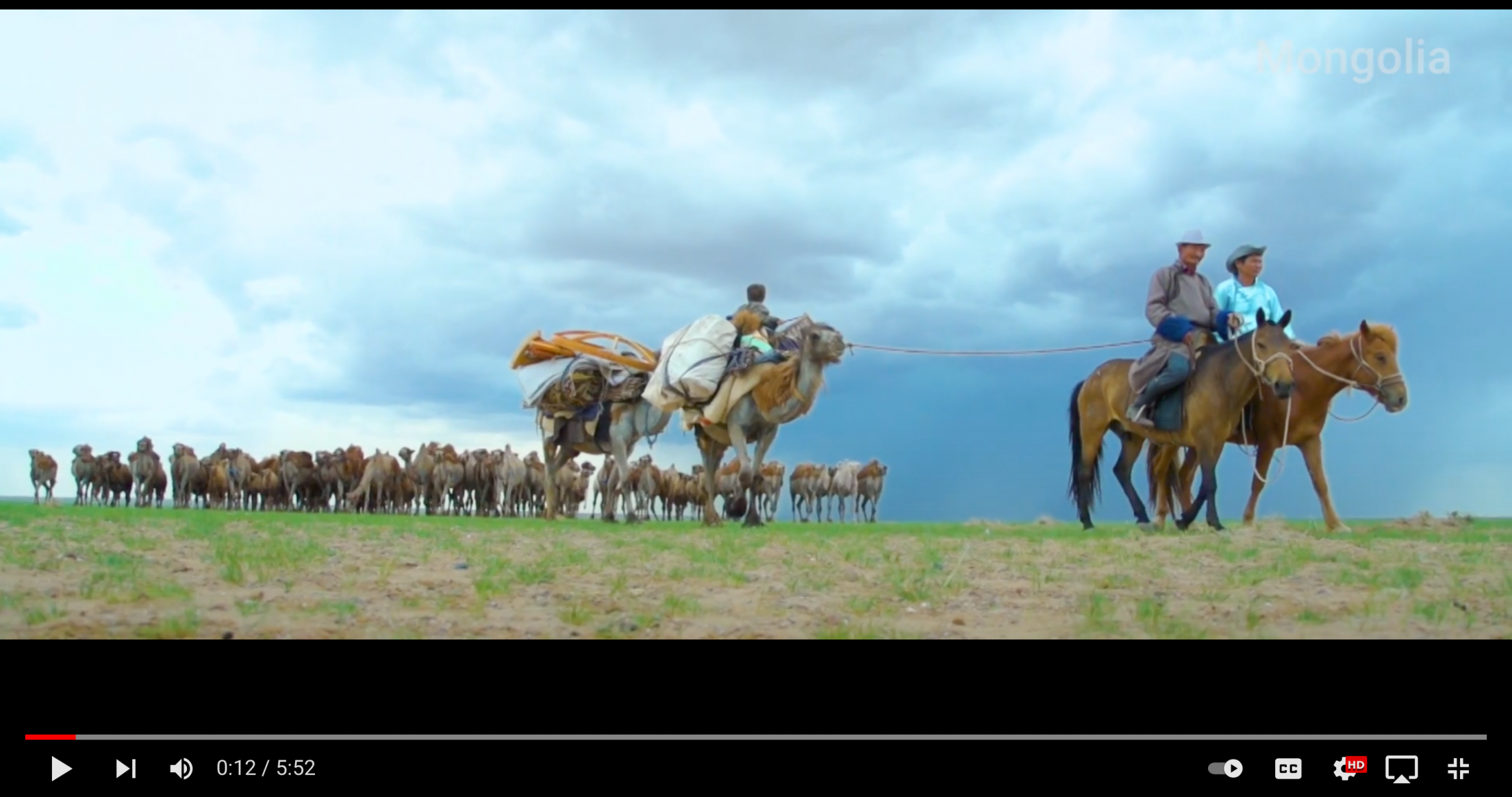
Duration:
2018-2022Total Budget:
EUR 1 867 329.76 (EU contribution: 80%)Contact Detail:
Dr Ukhnaa Sarangoo
Project Manager
Agronomes et Vétérinaires sans frontières (AVSF)
Lead Partners
Partners

Environment and Security Center of Mongolia
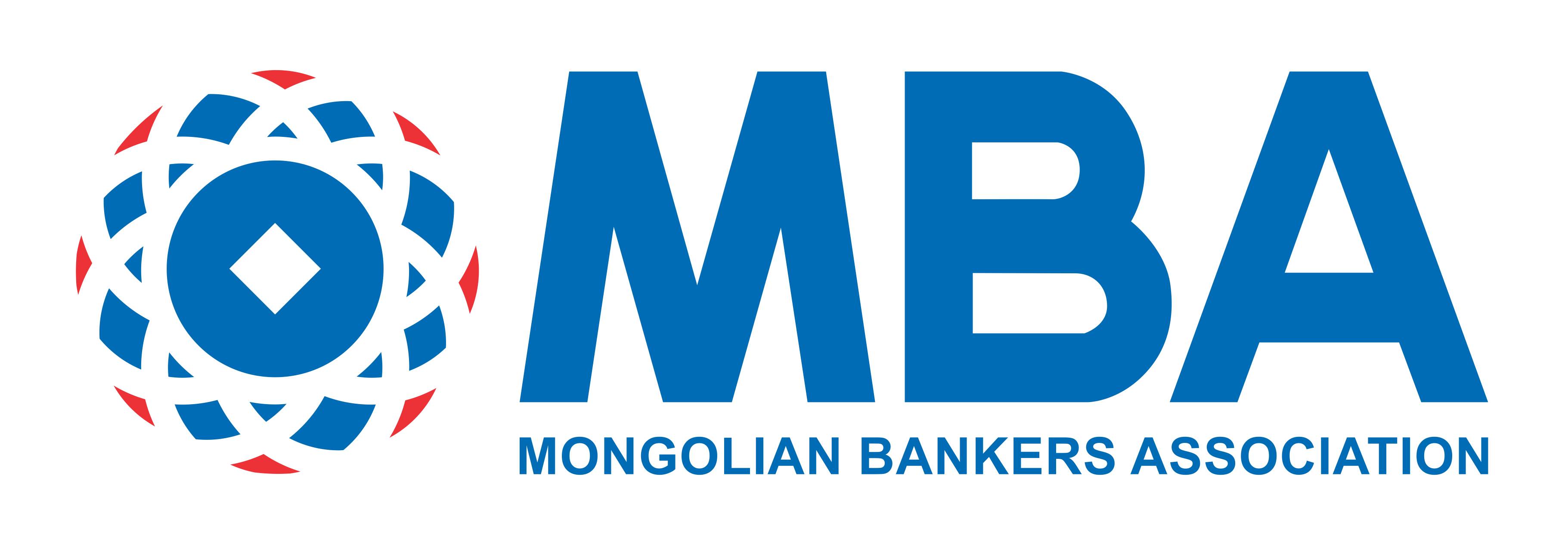
Mongolian Banking Association
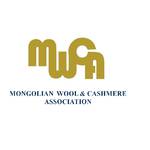
Mongolian Wool and Cashmere Association
